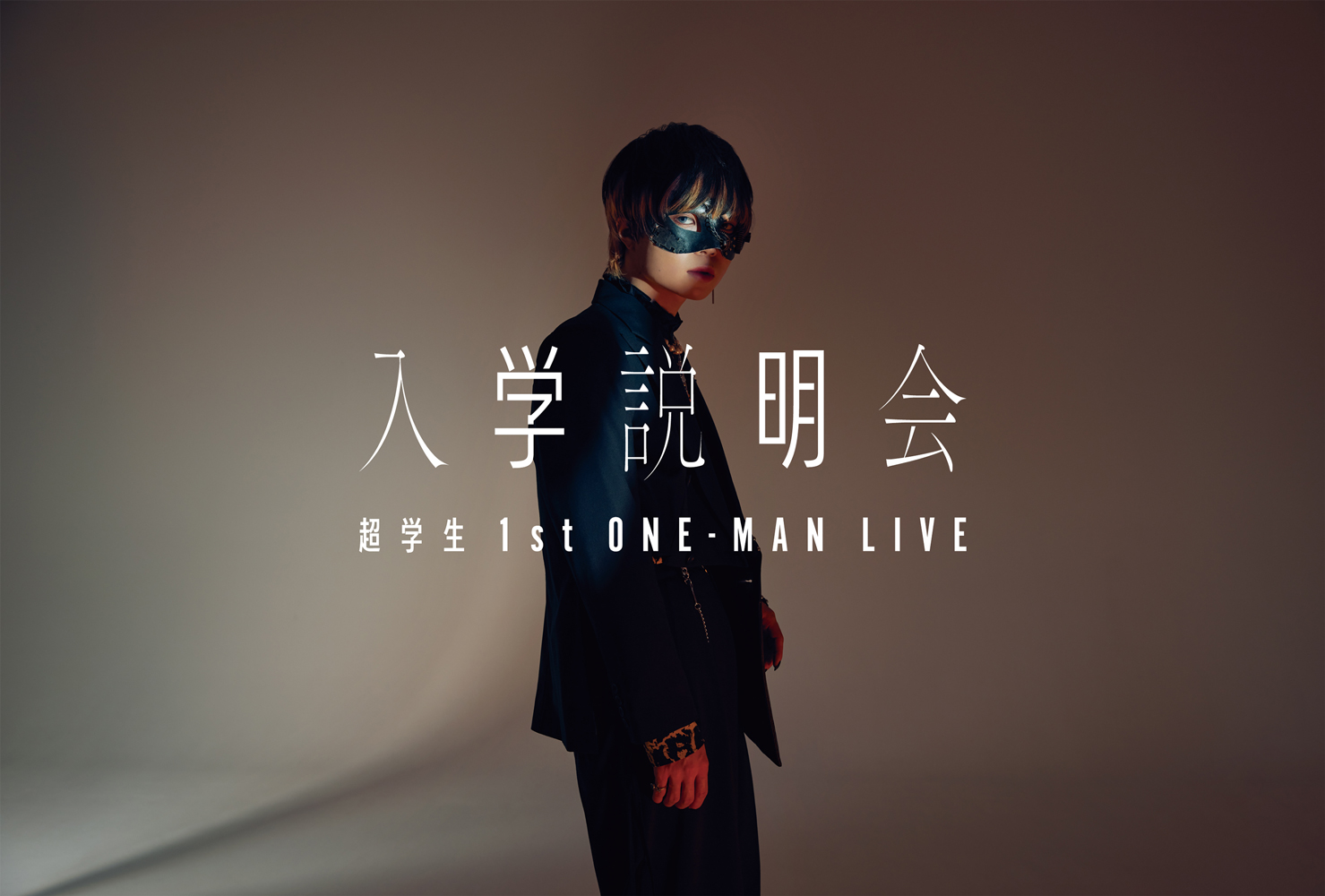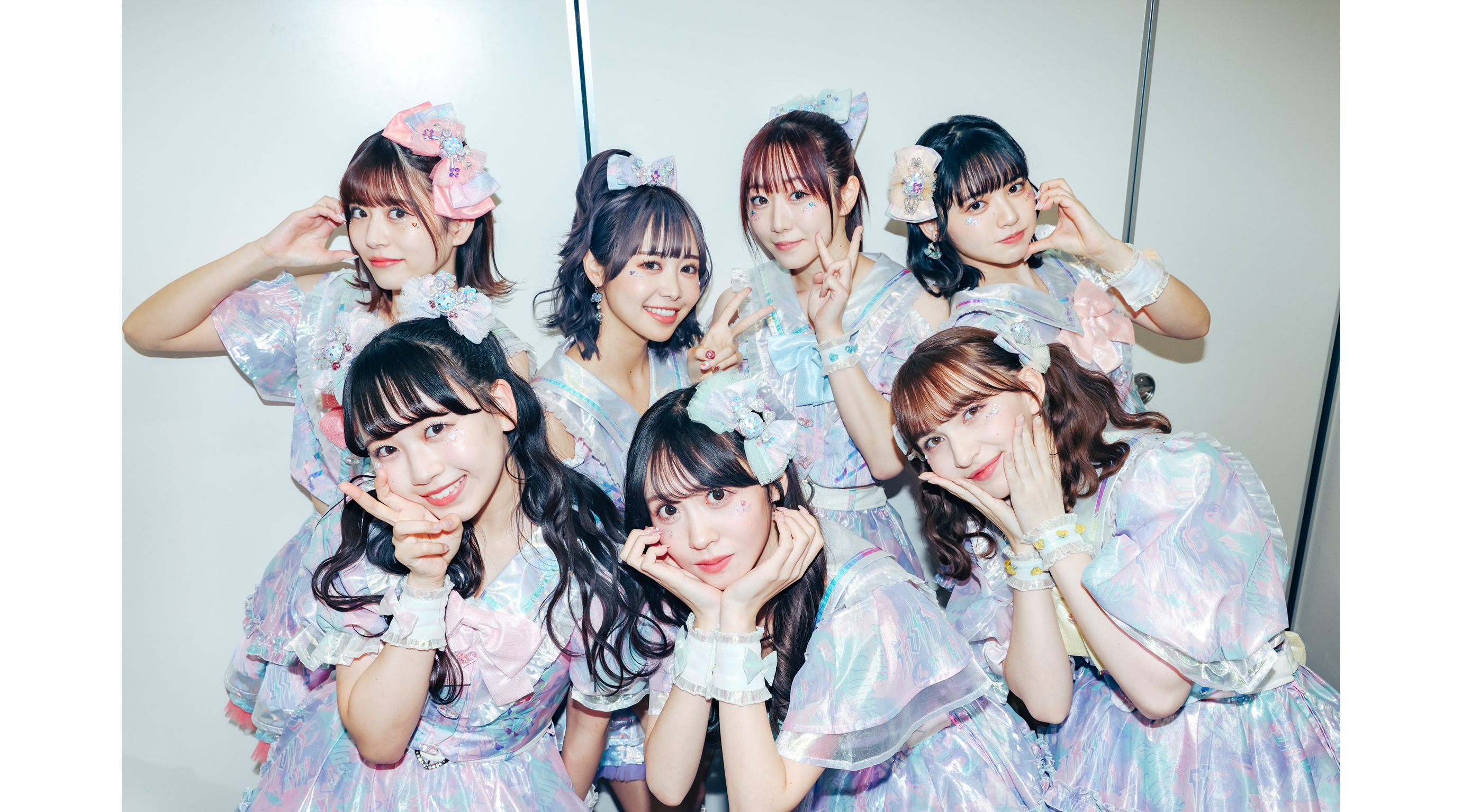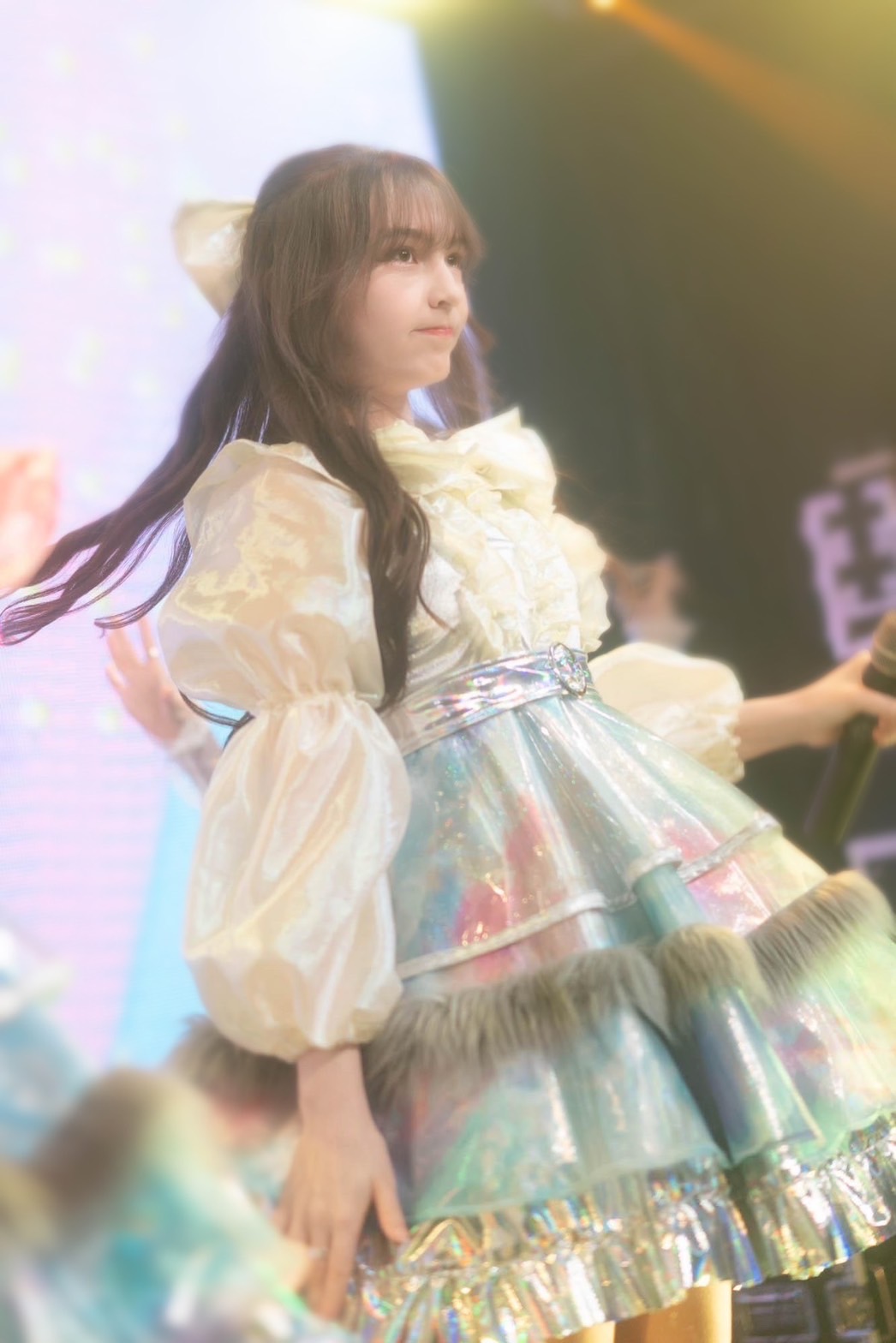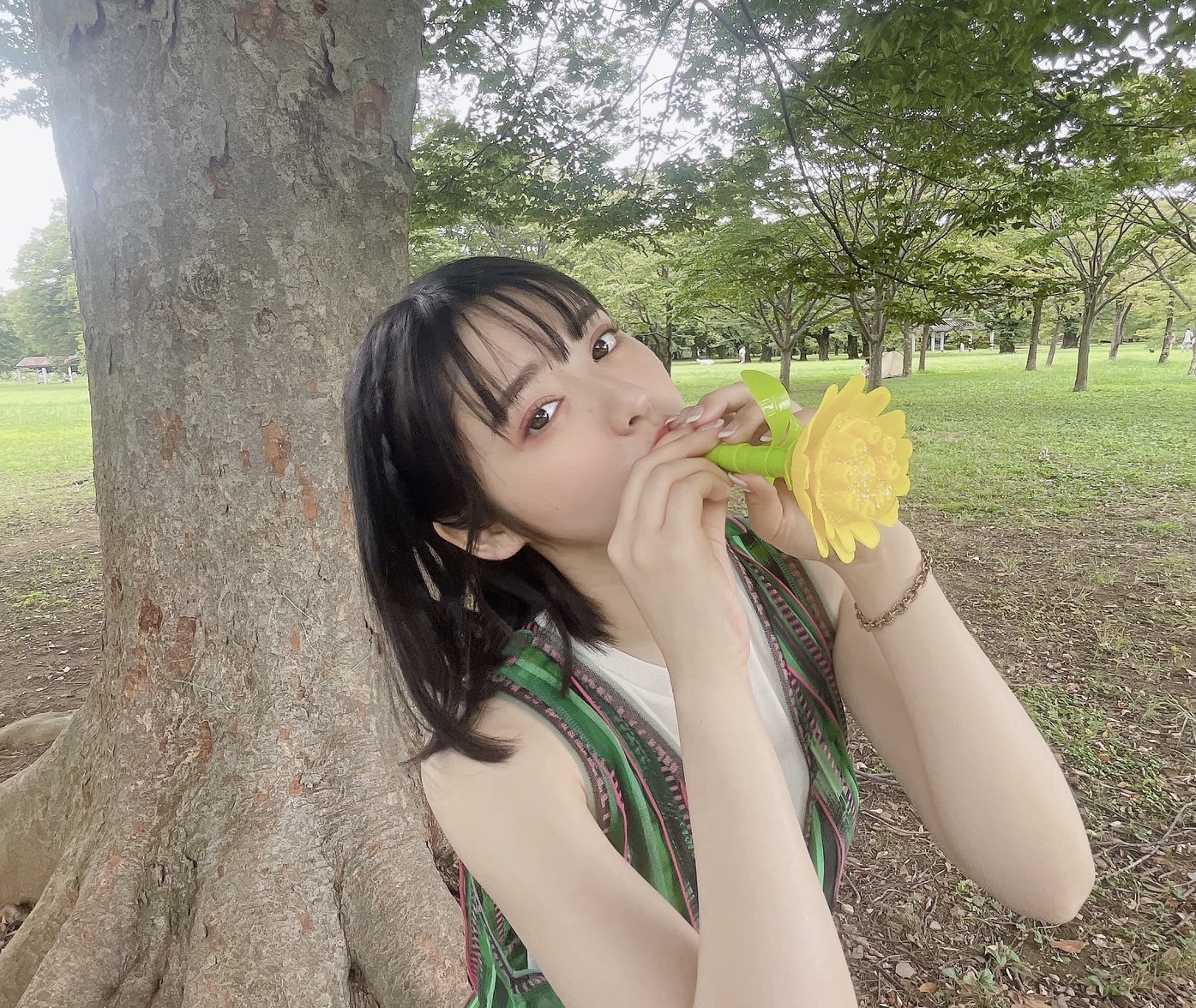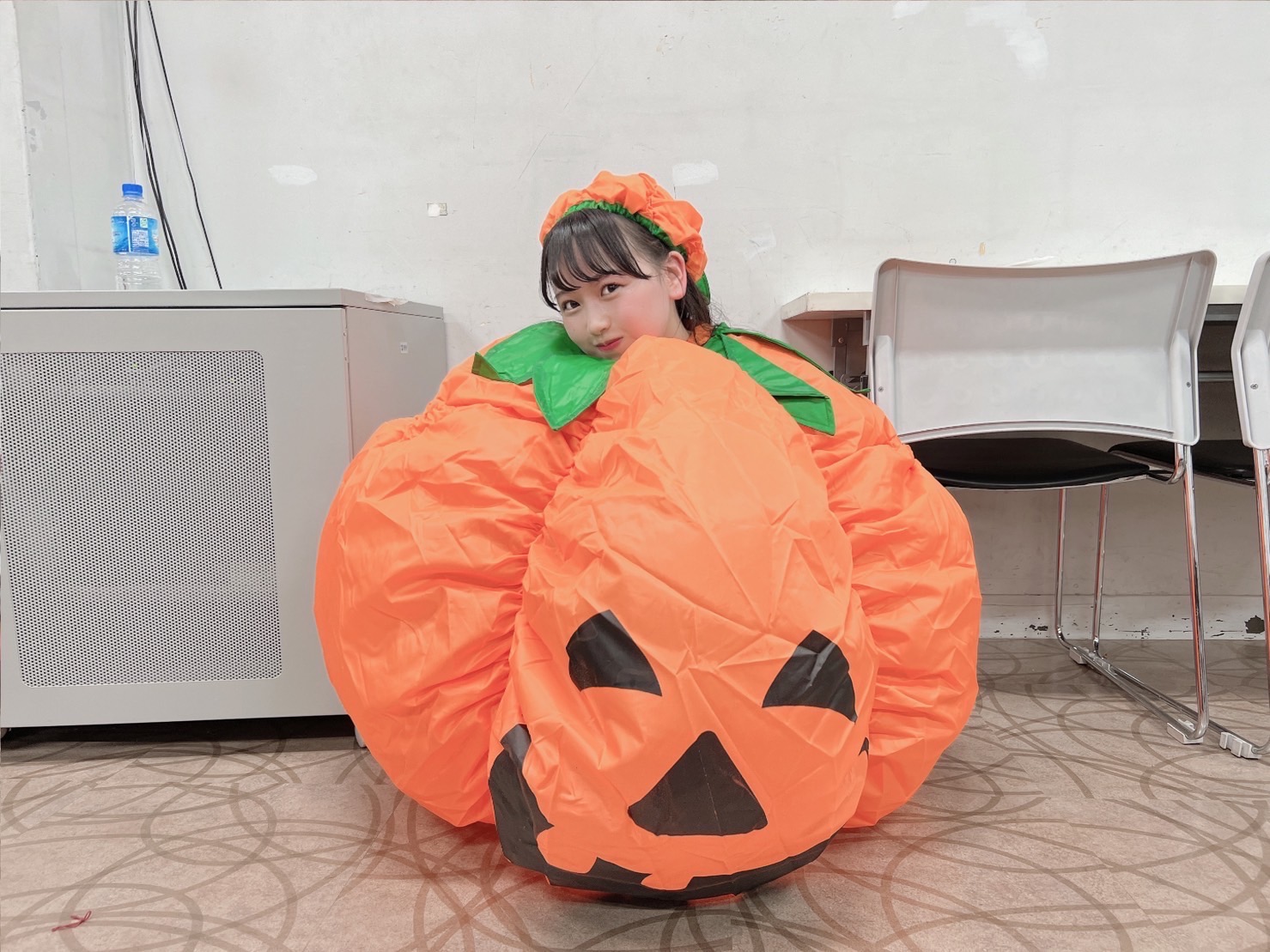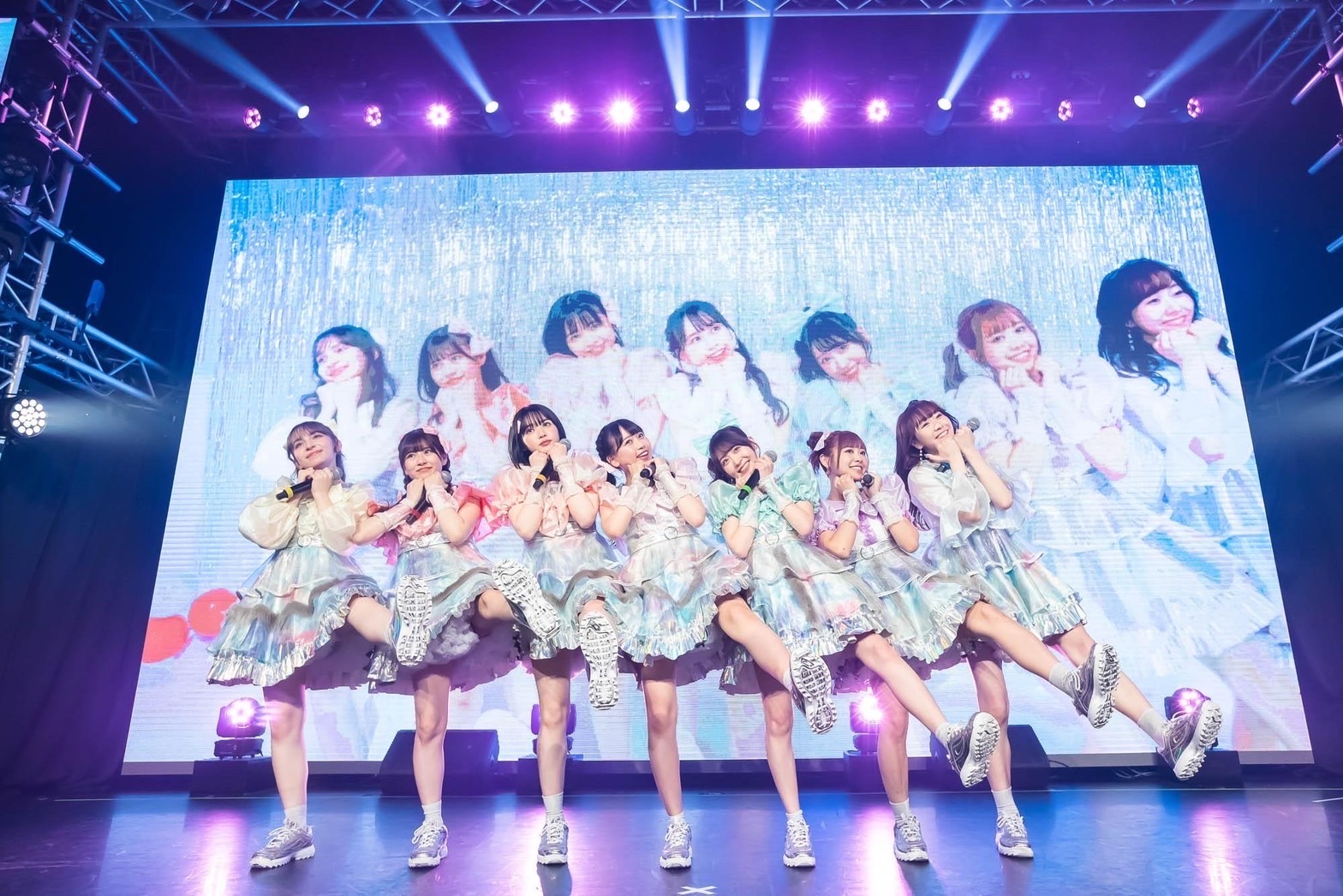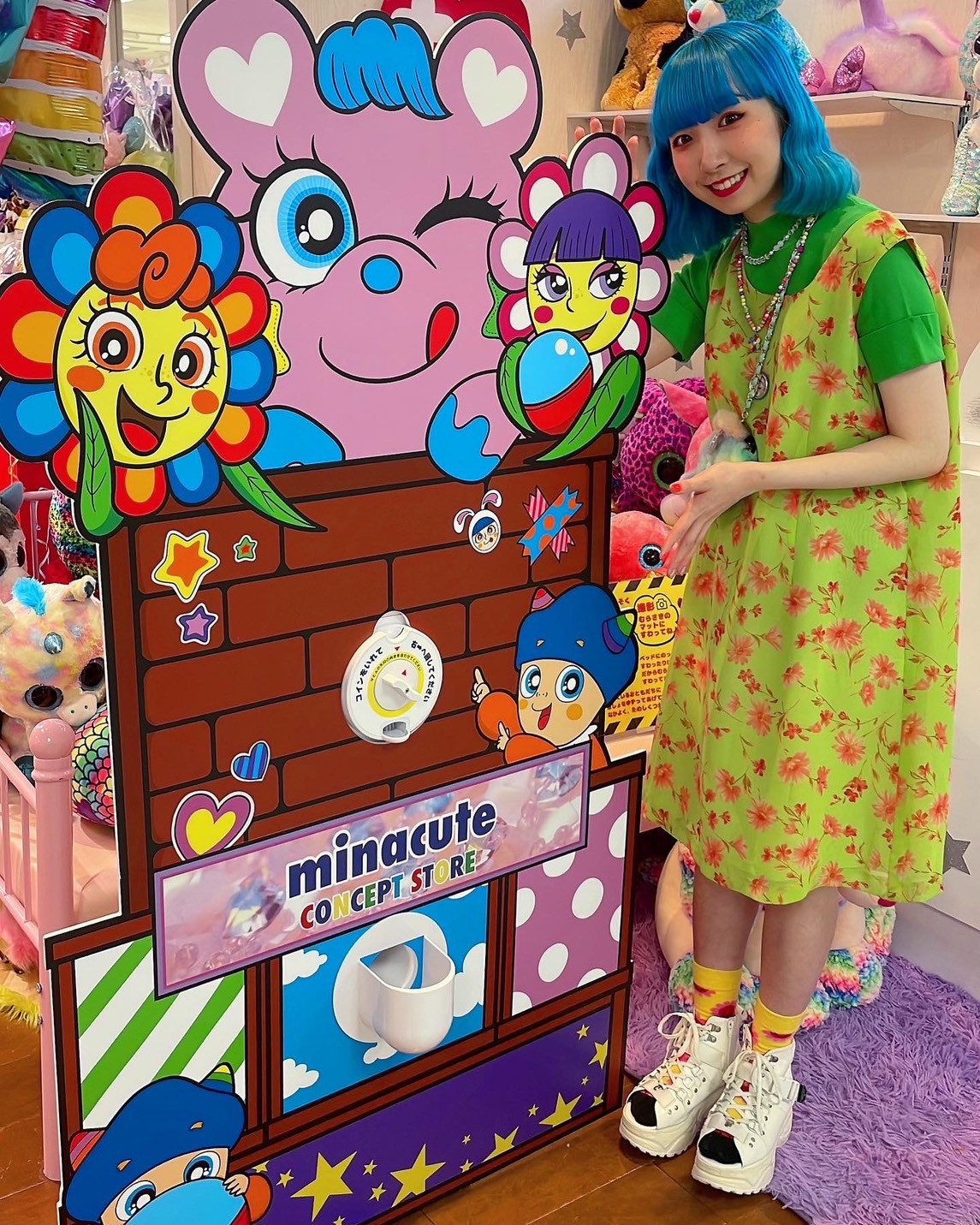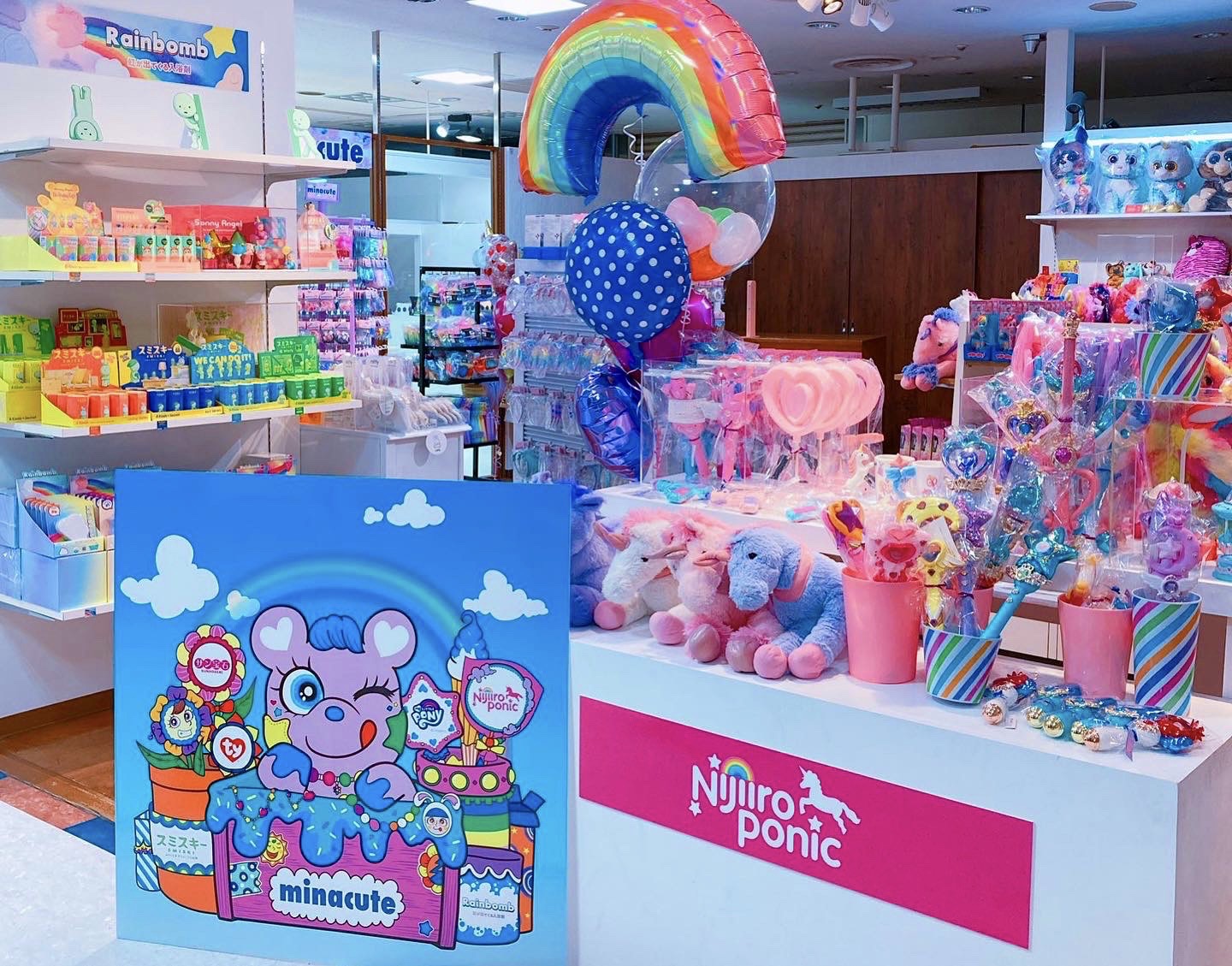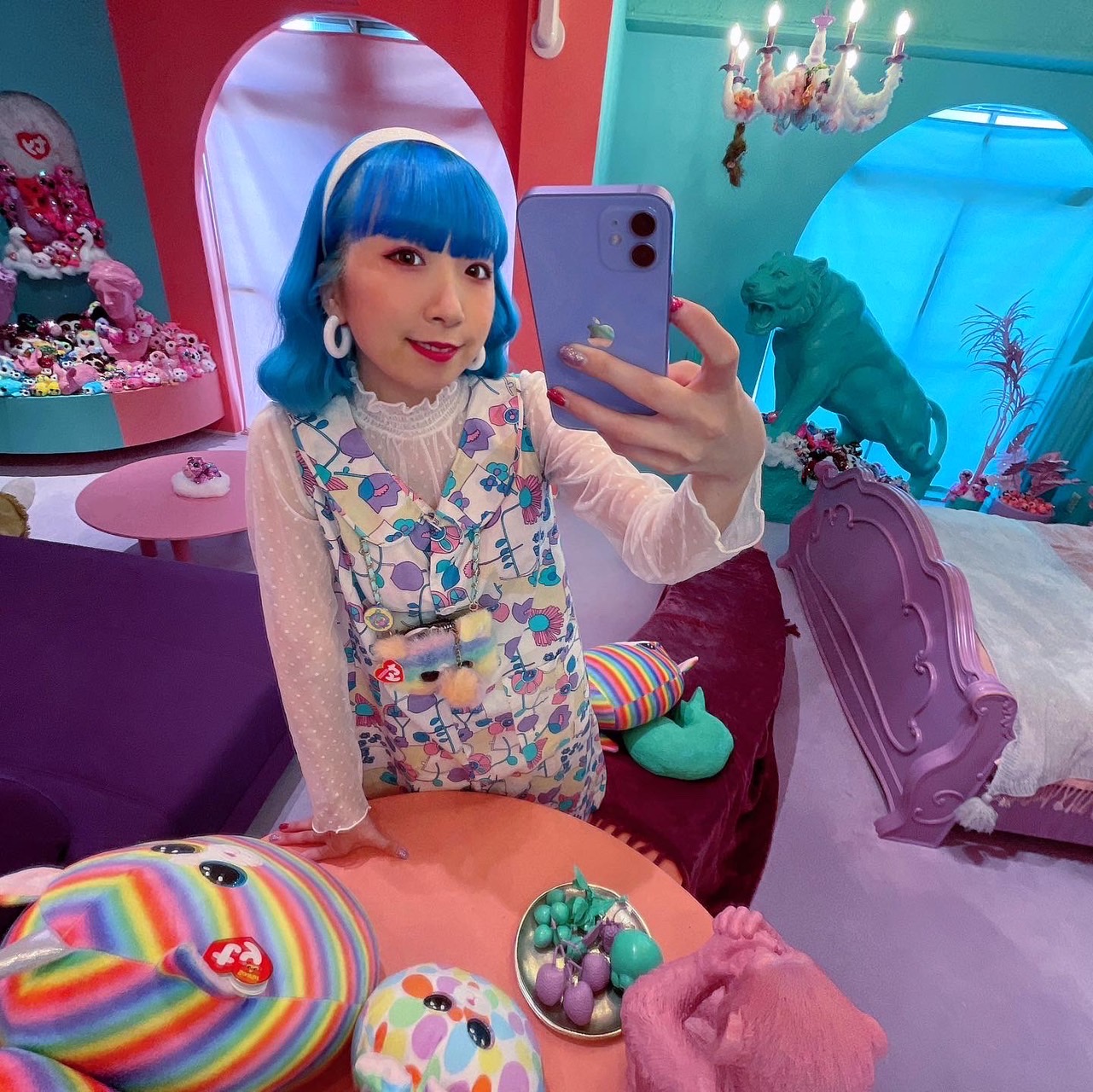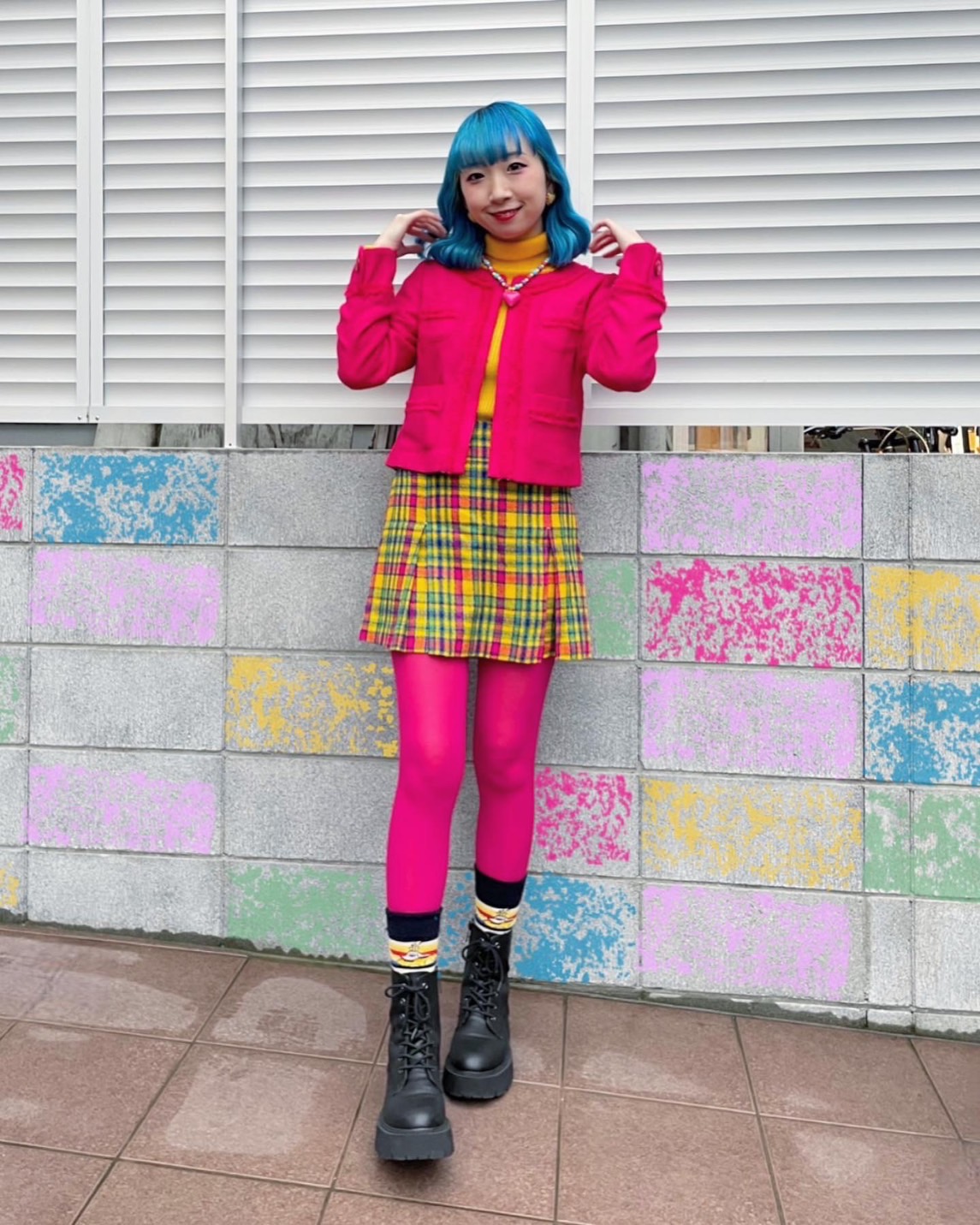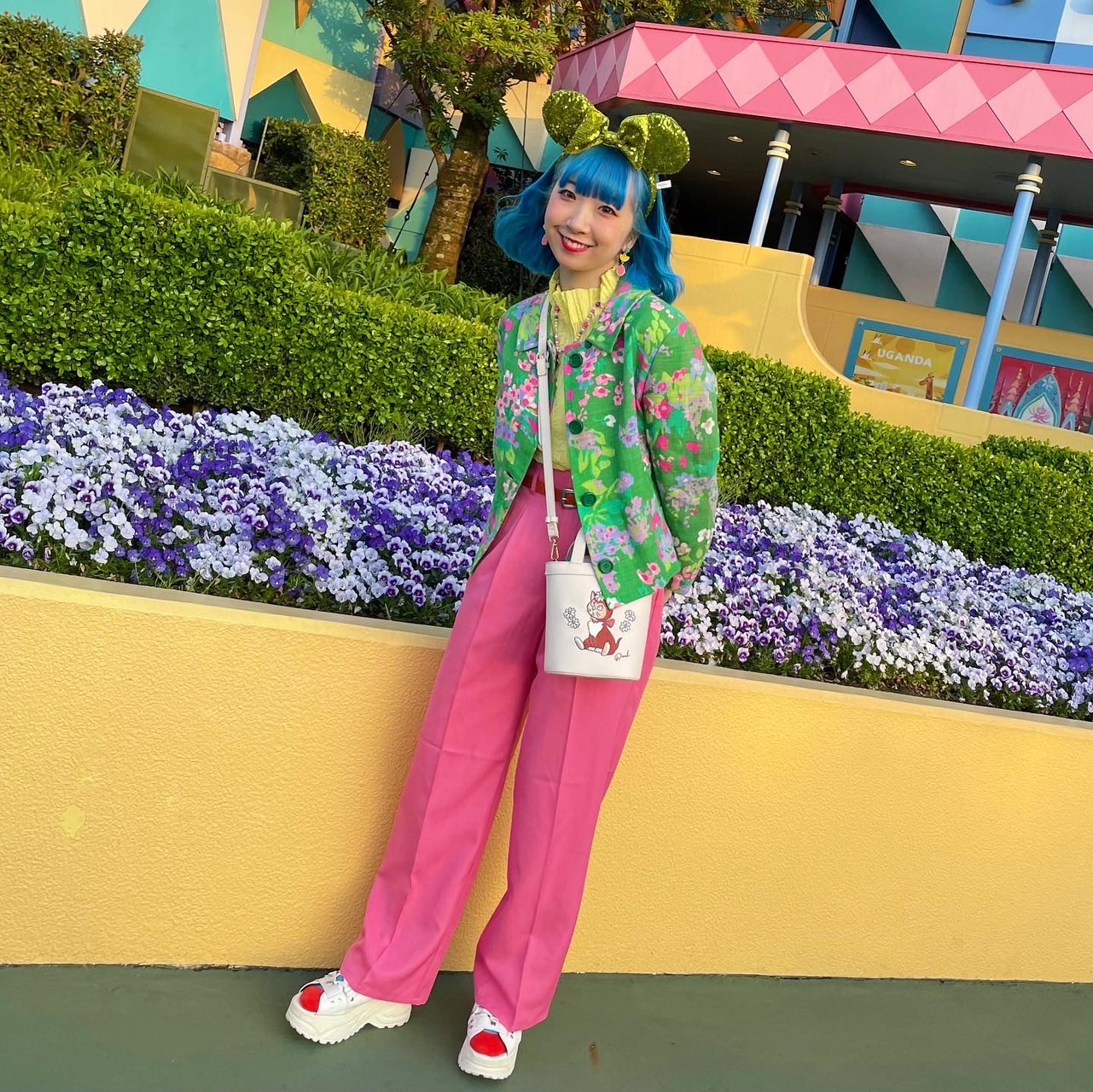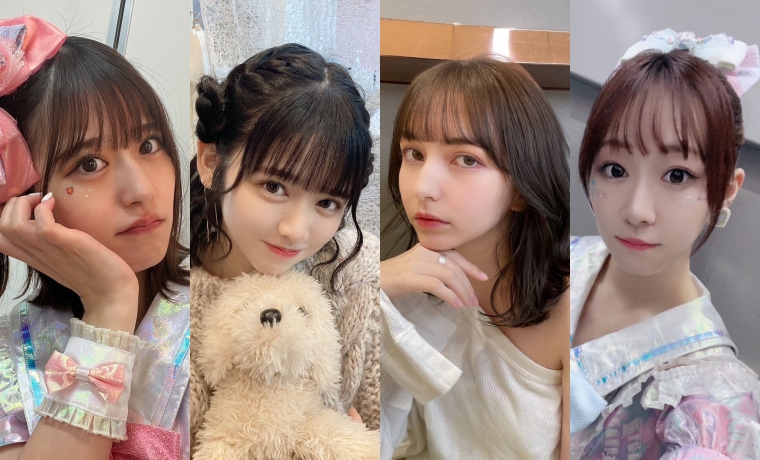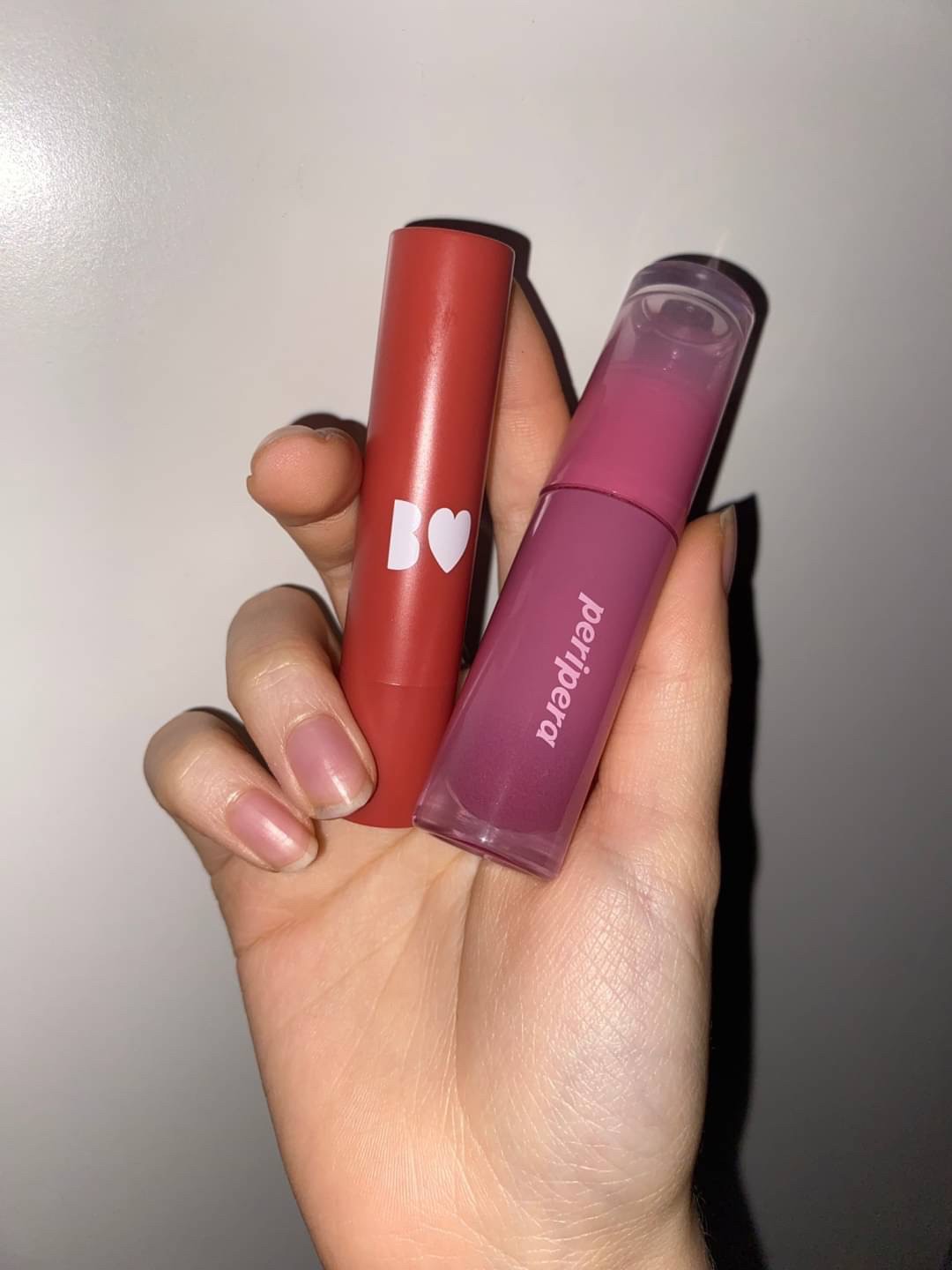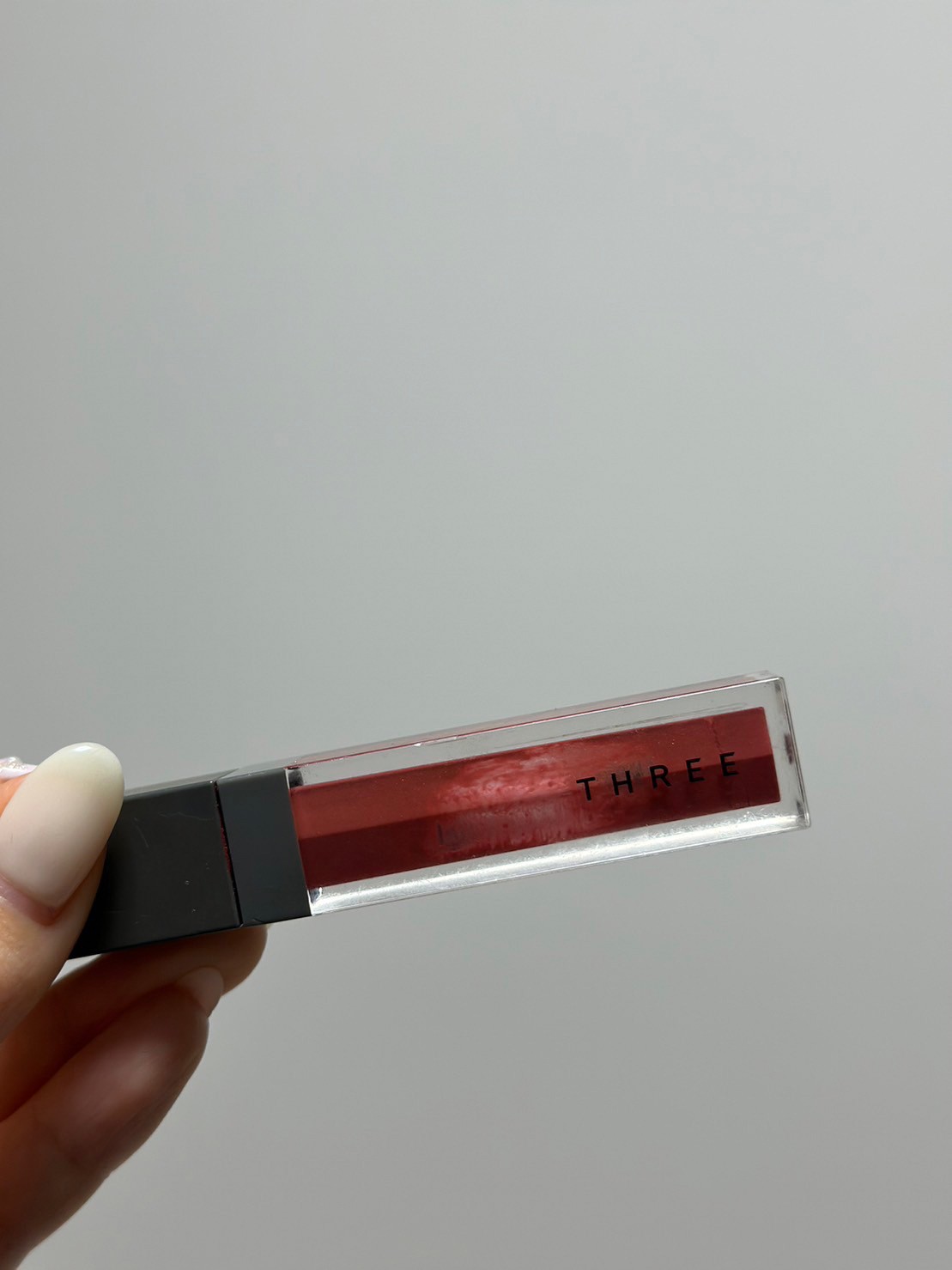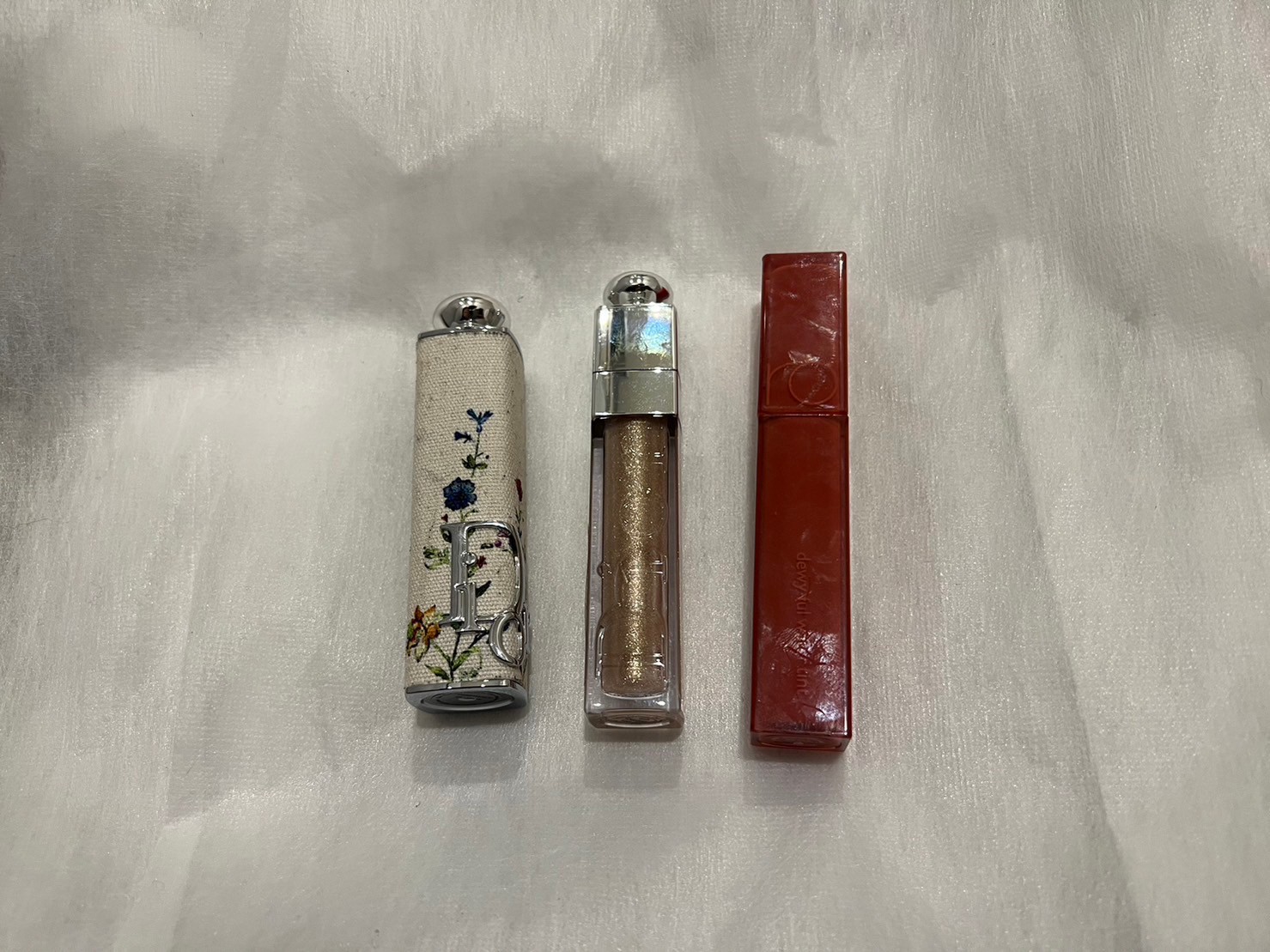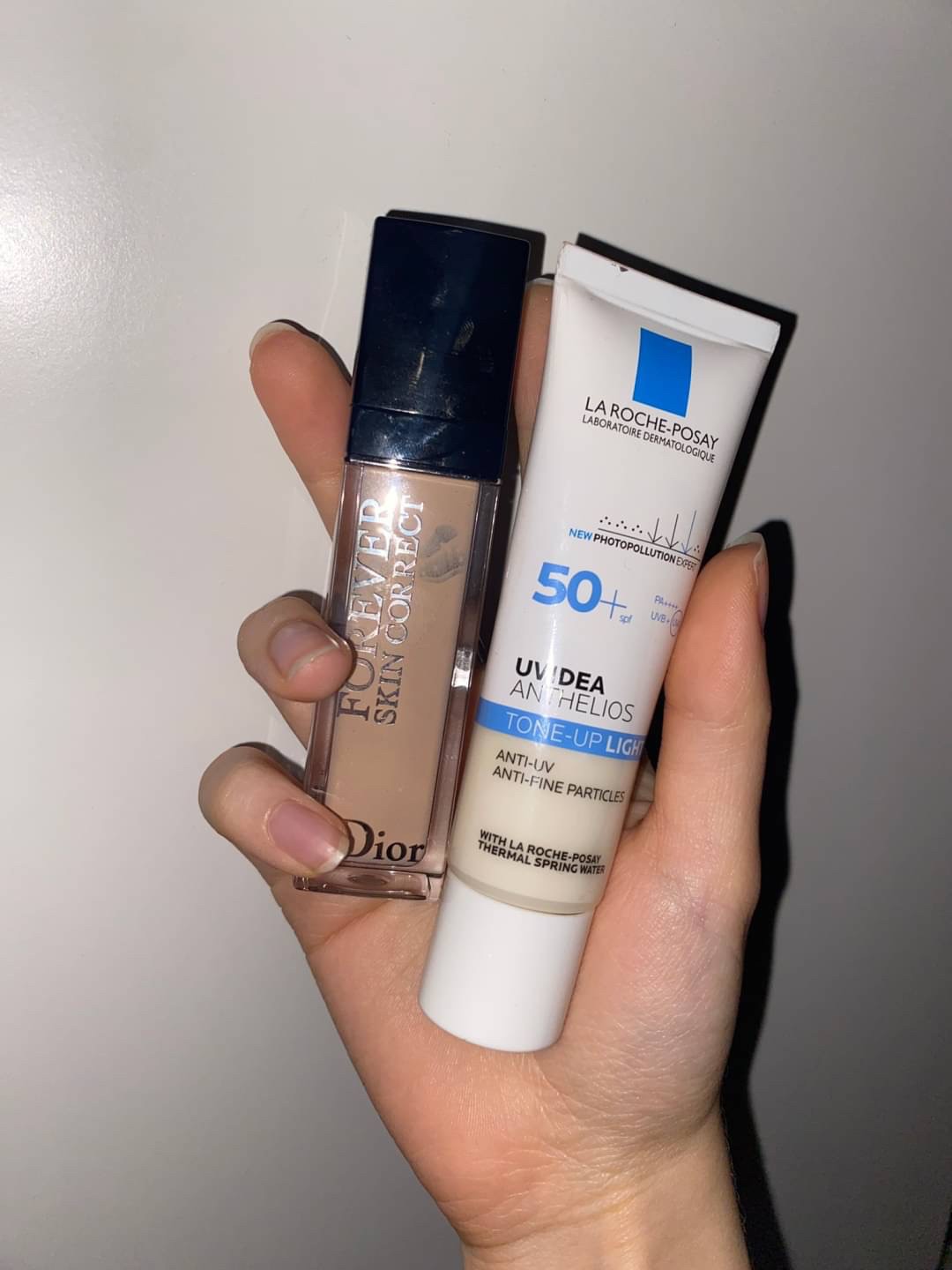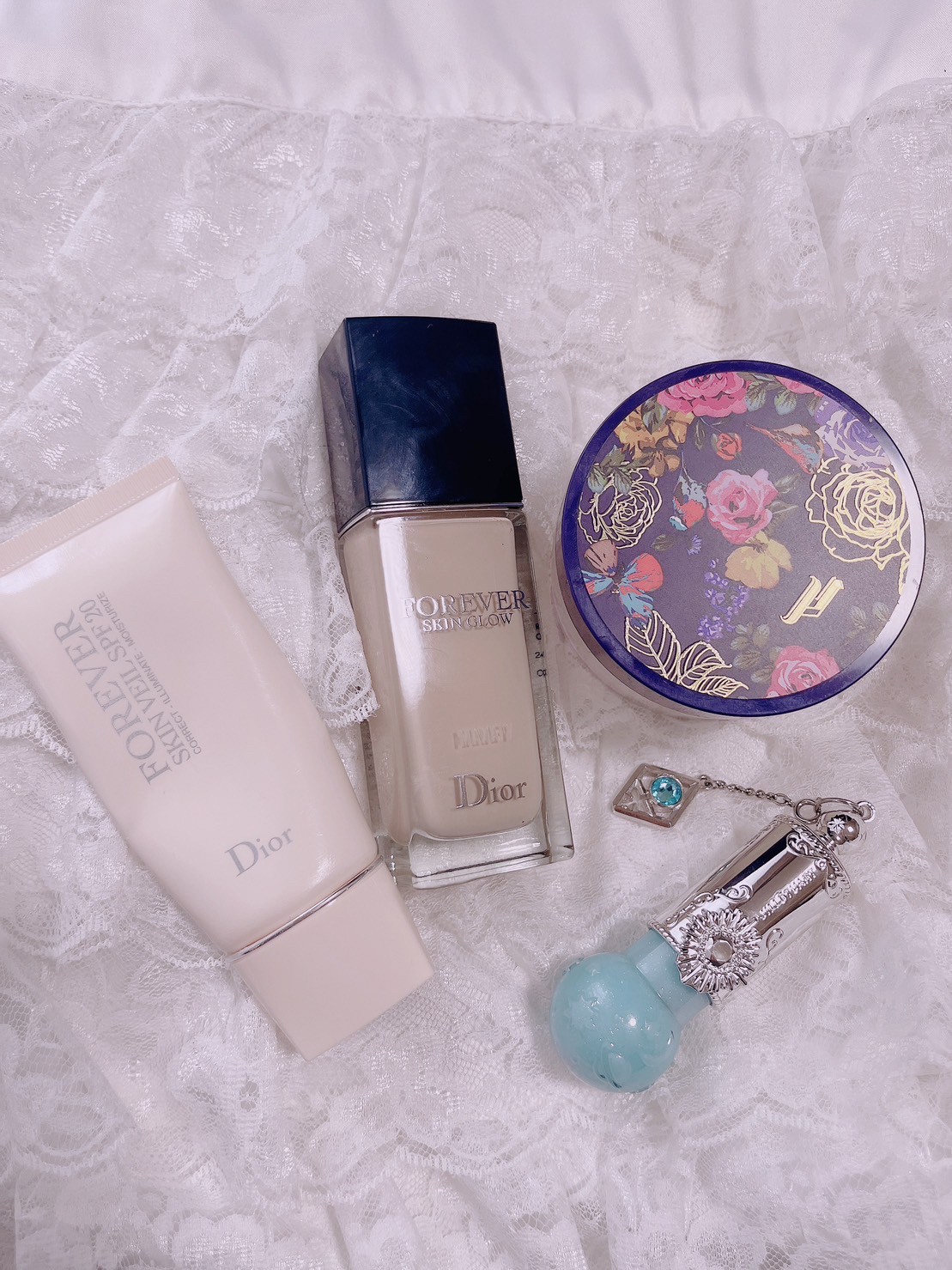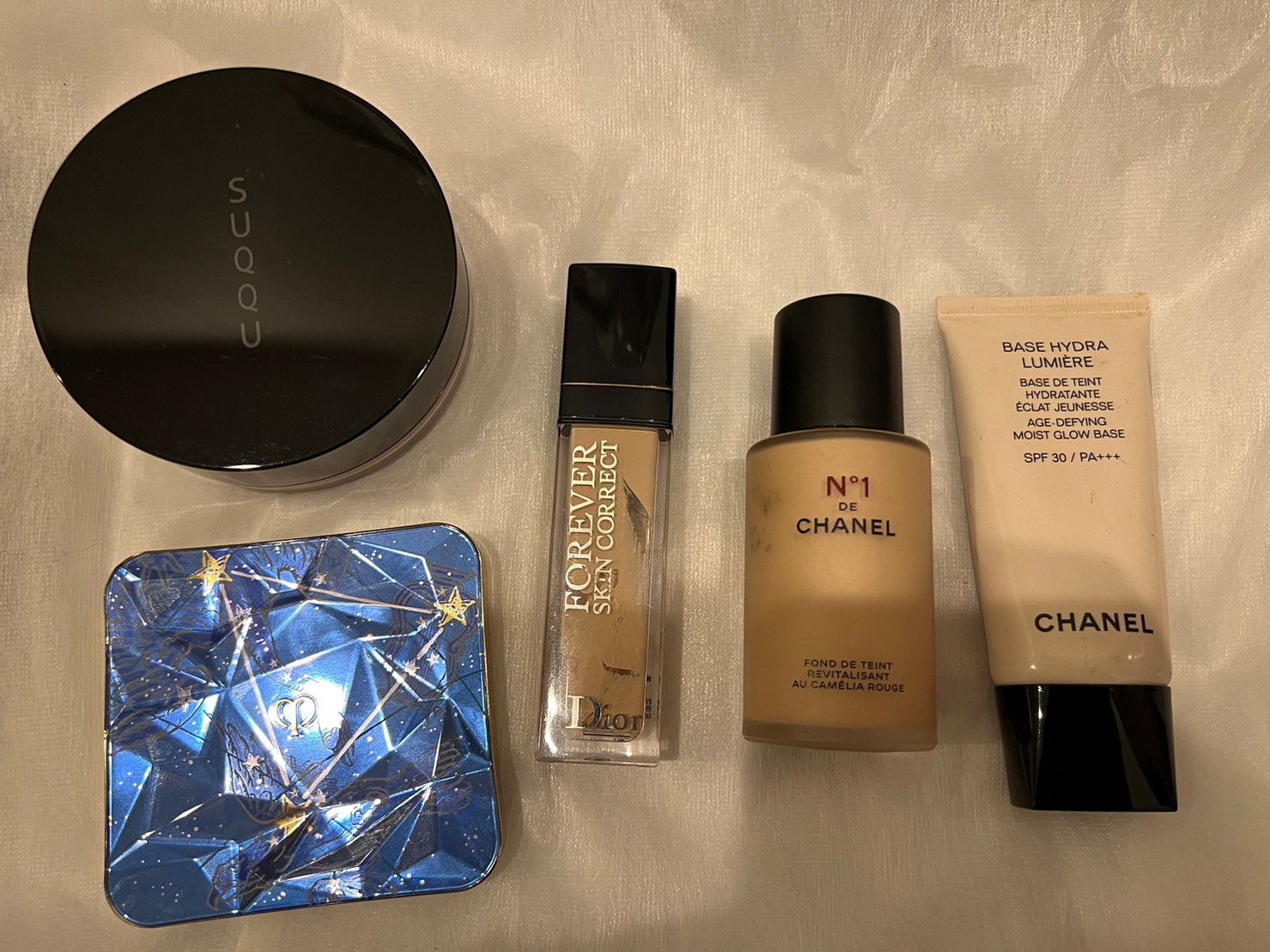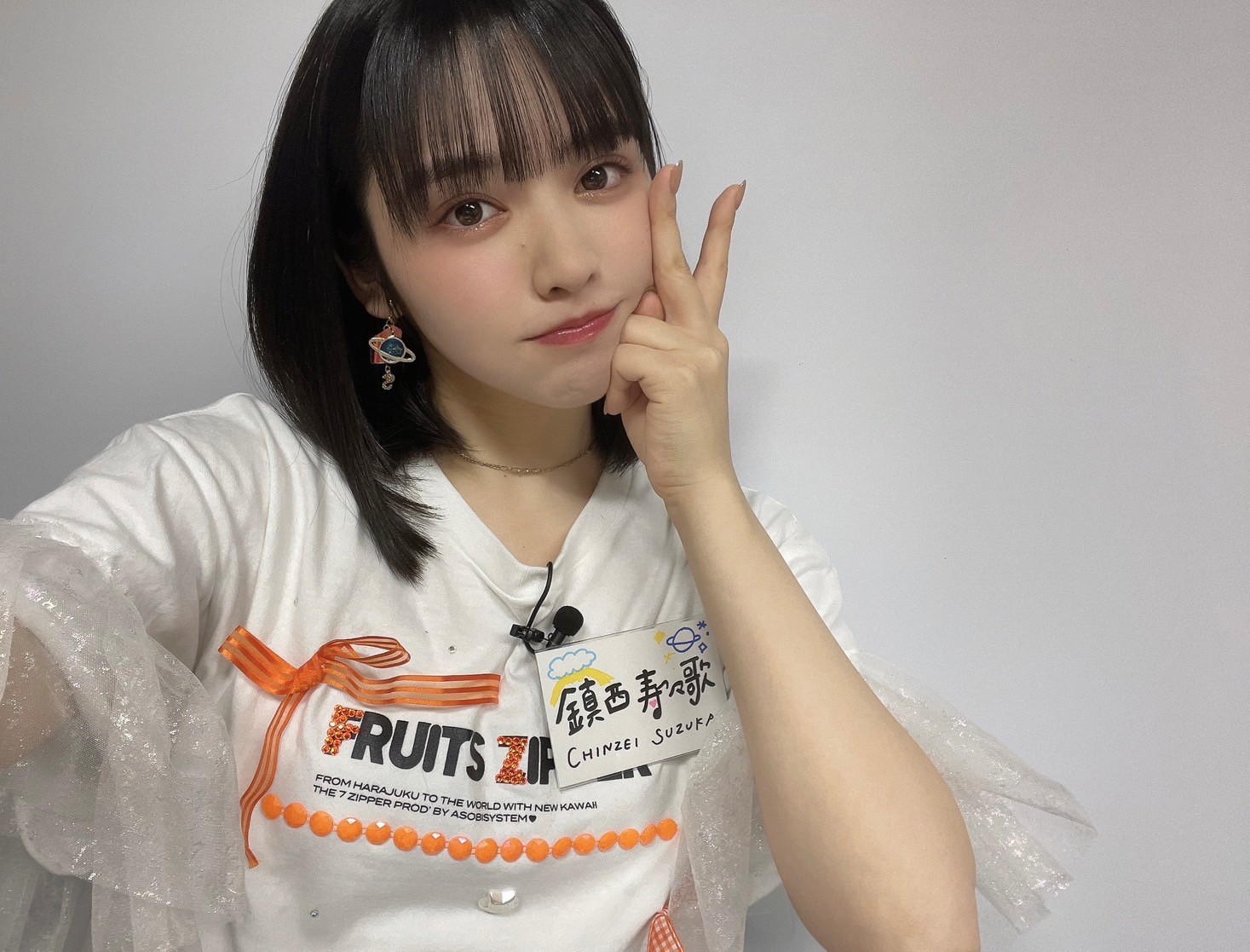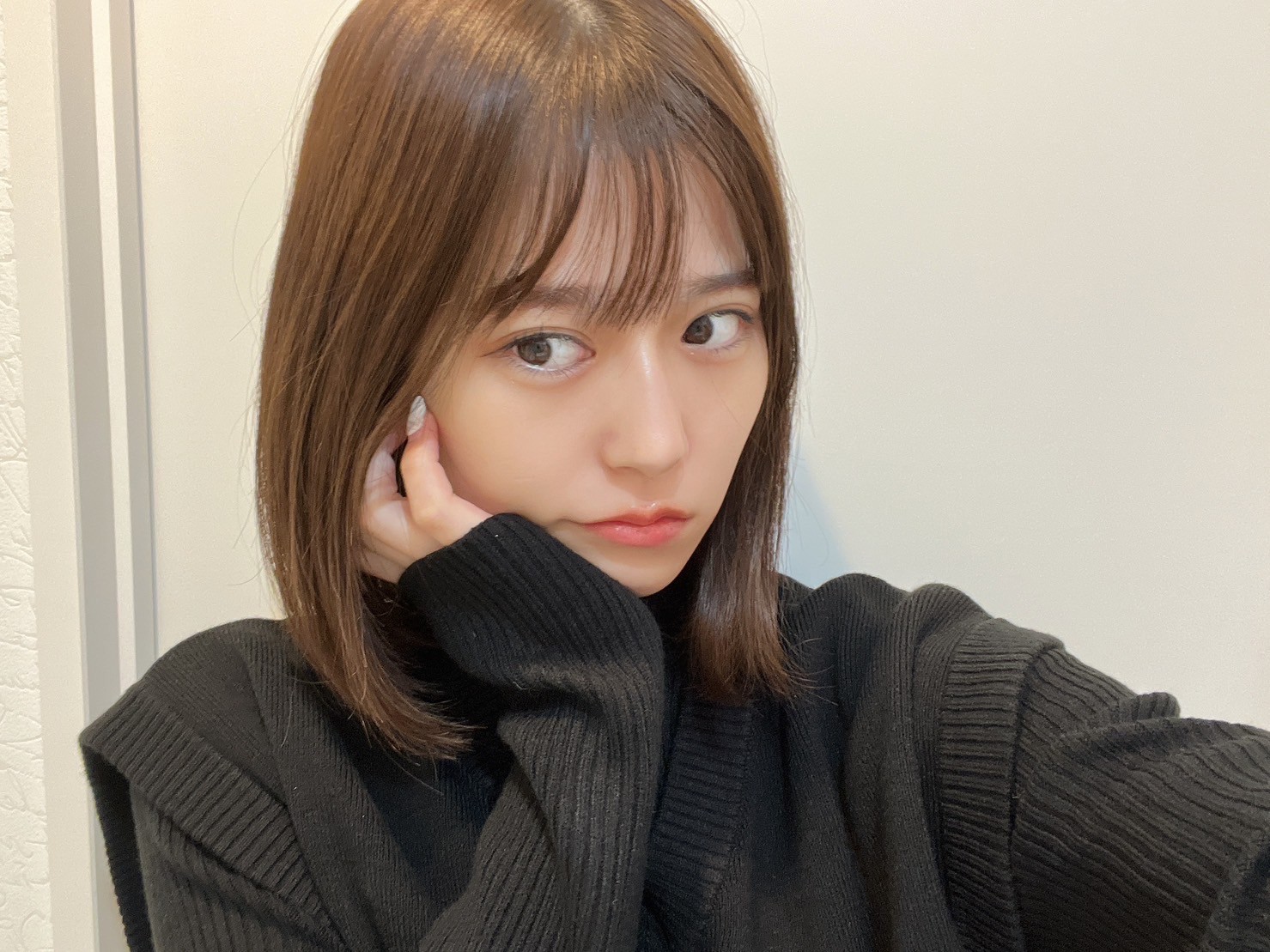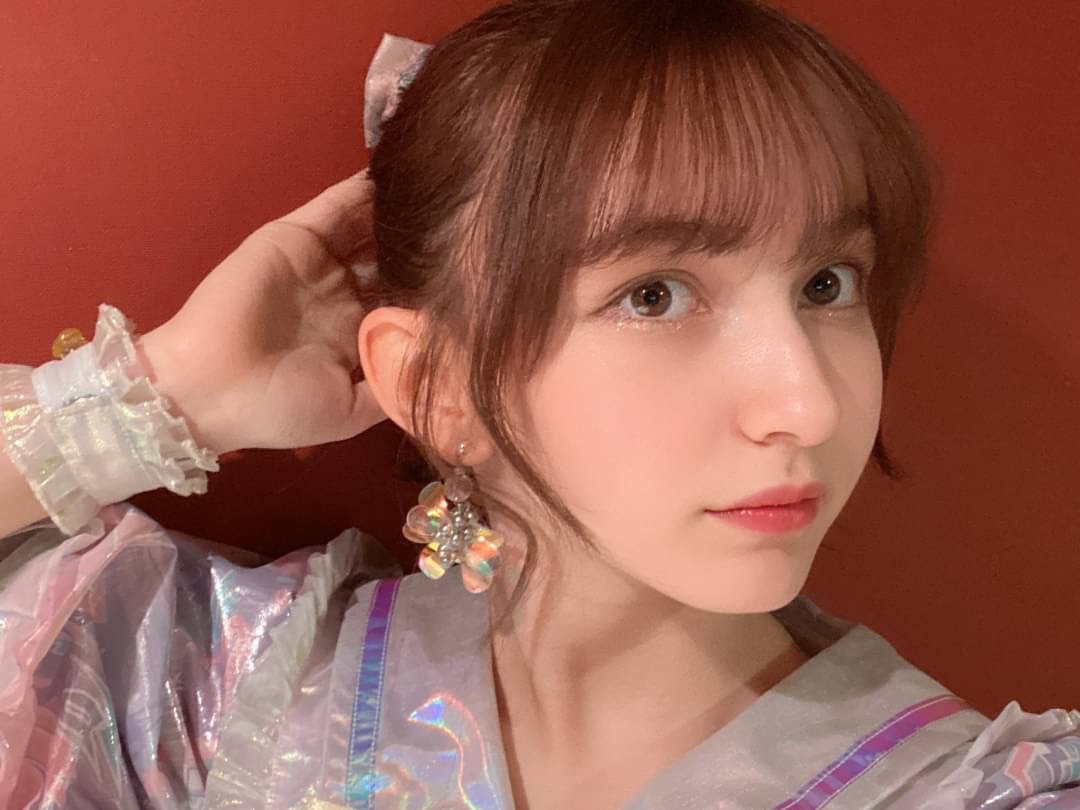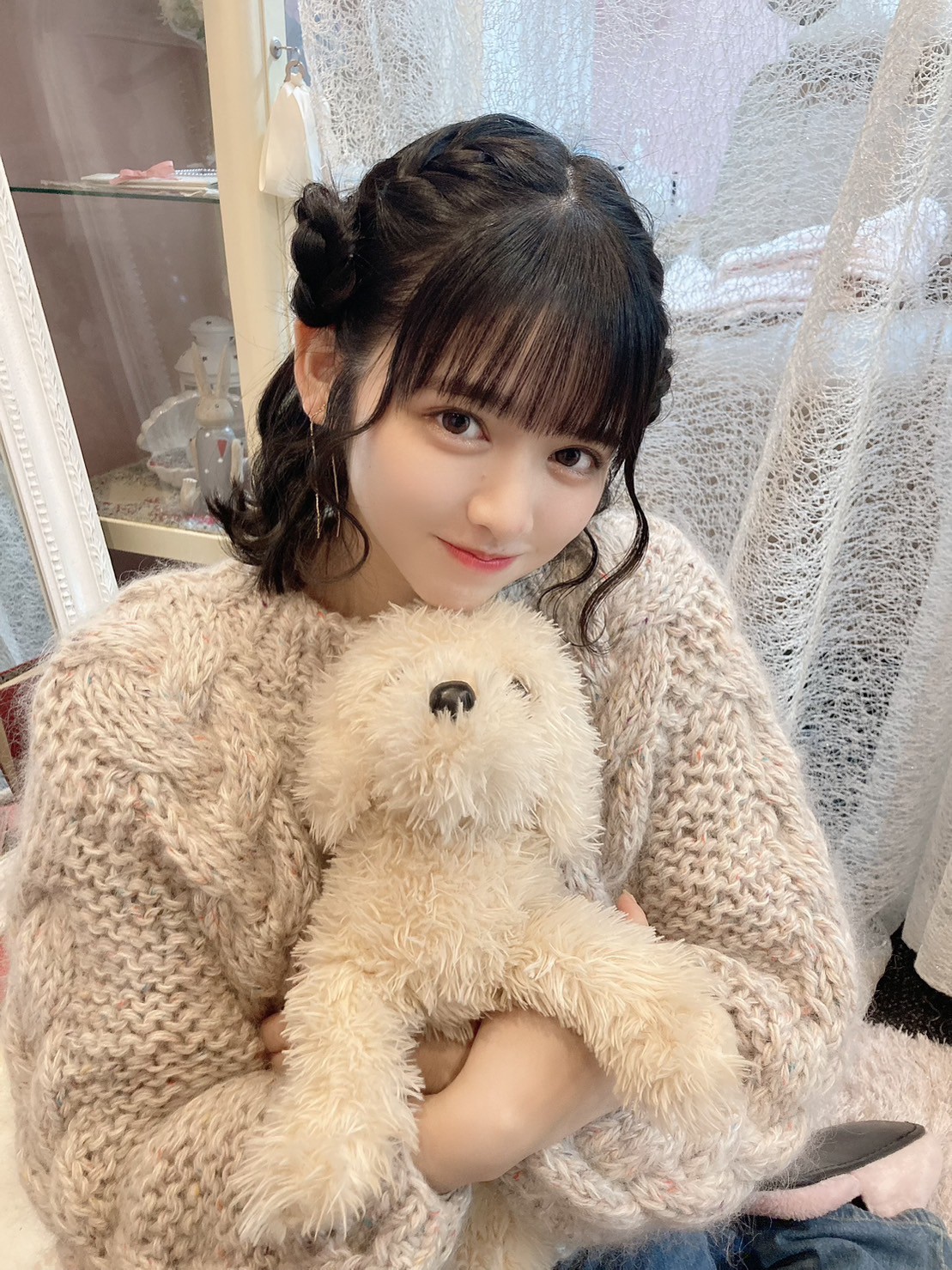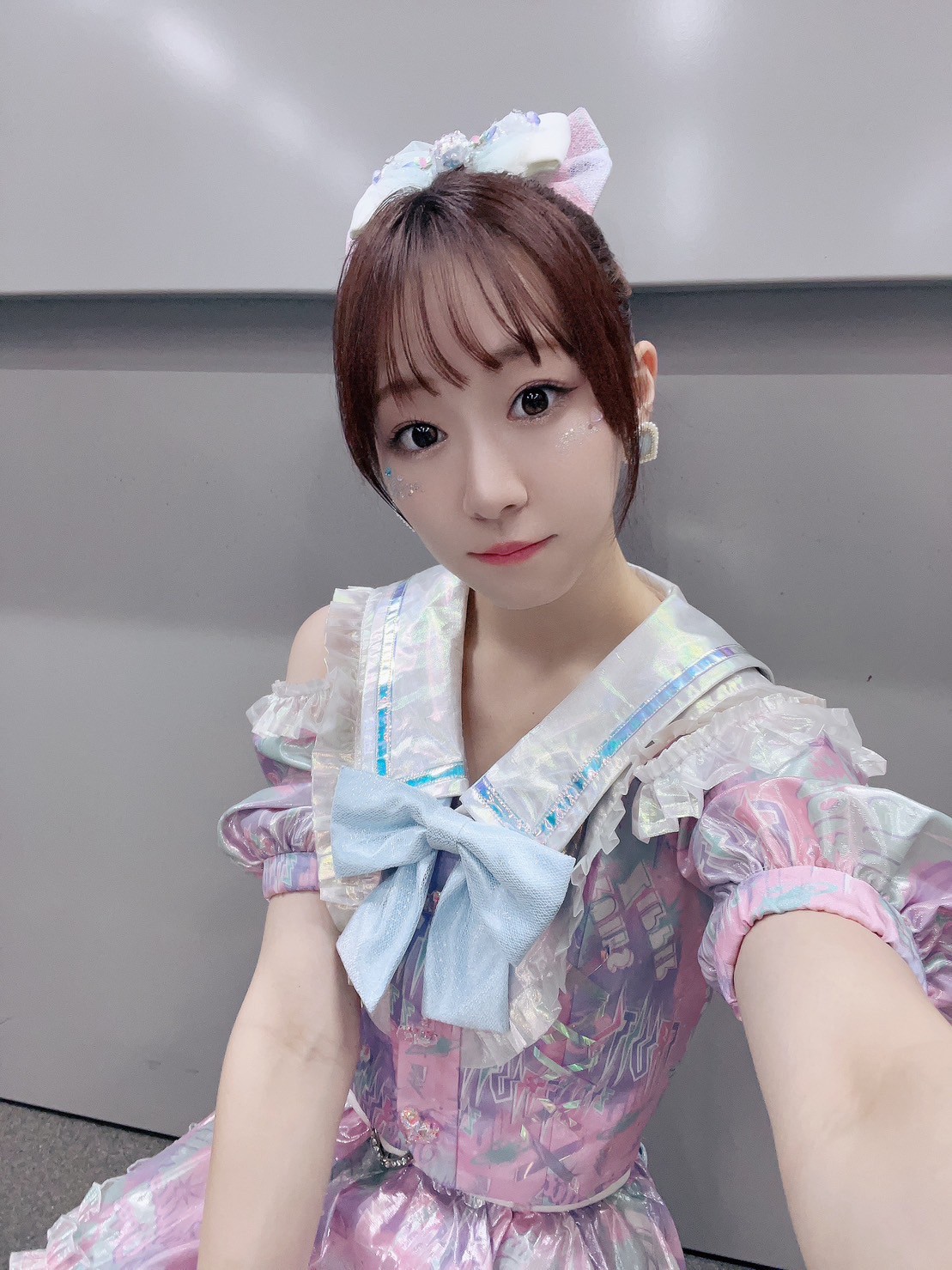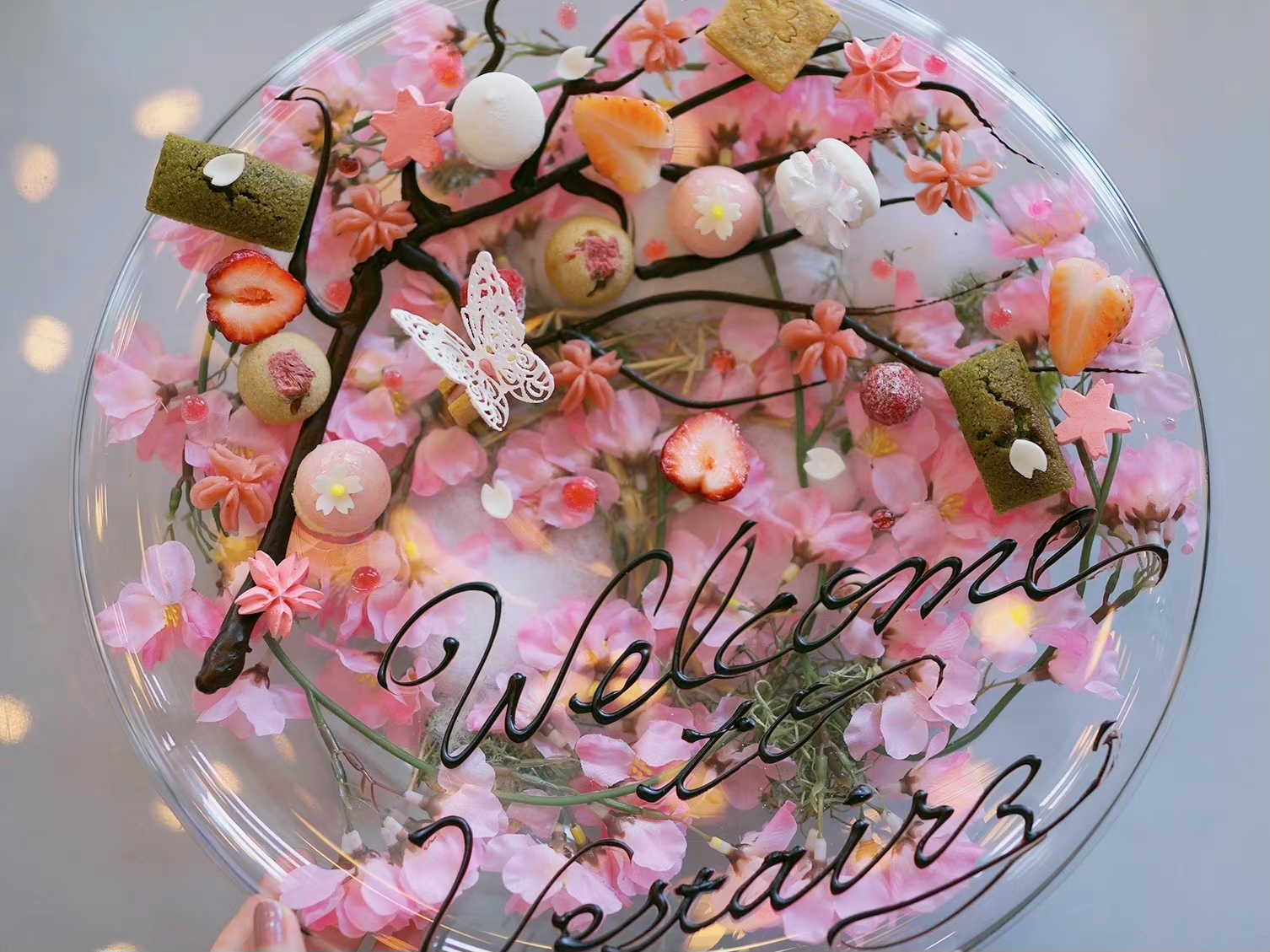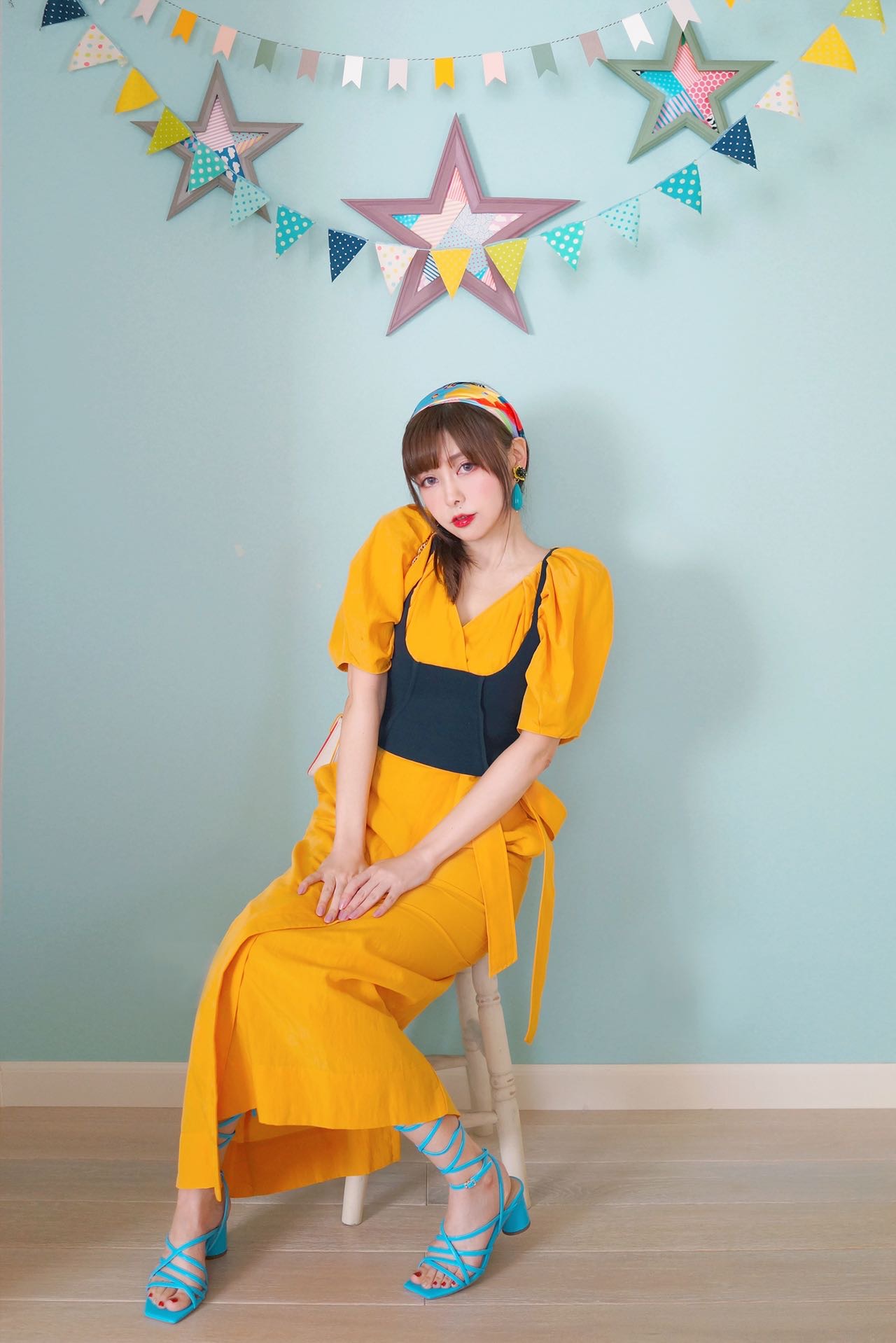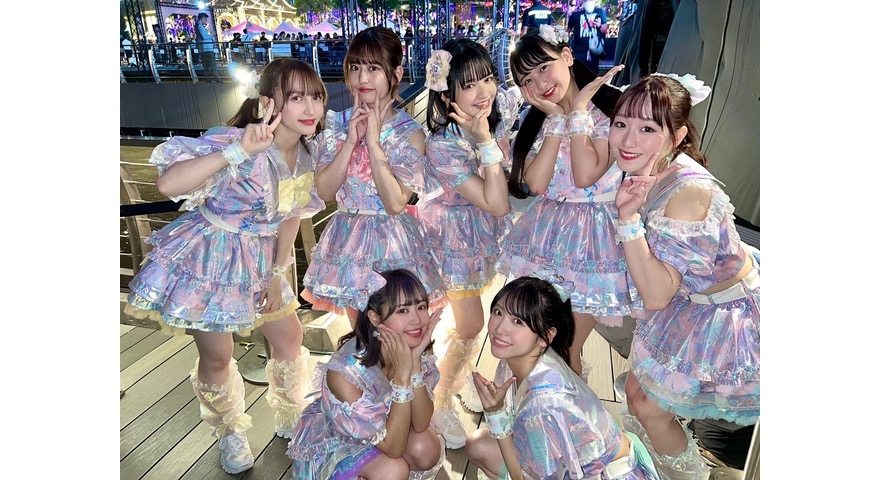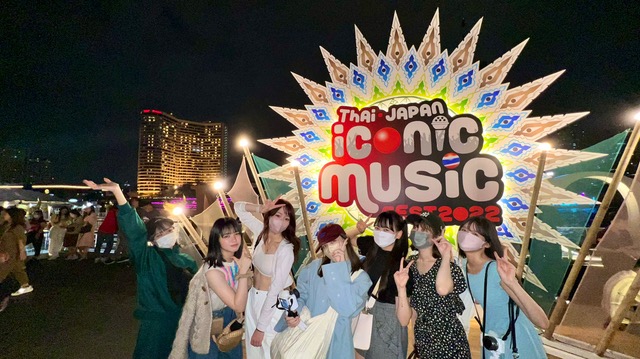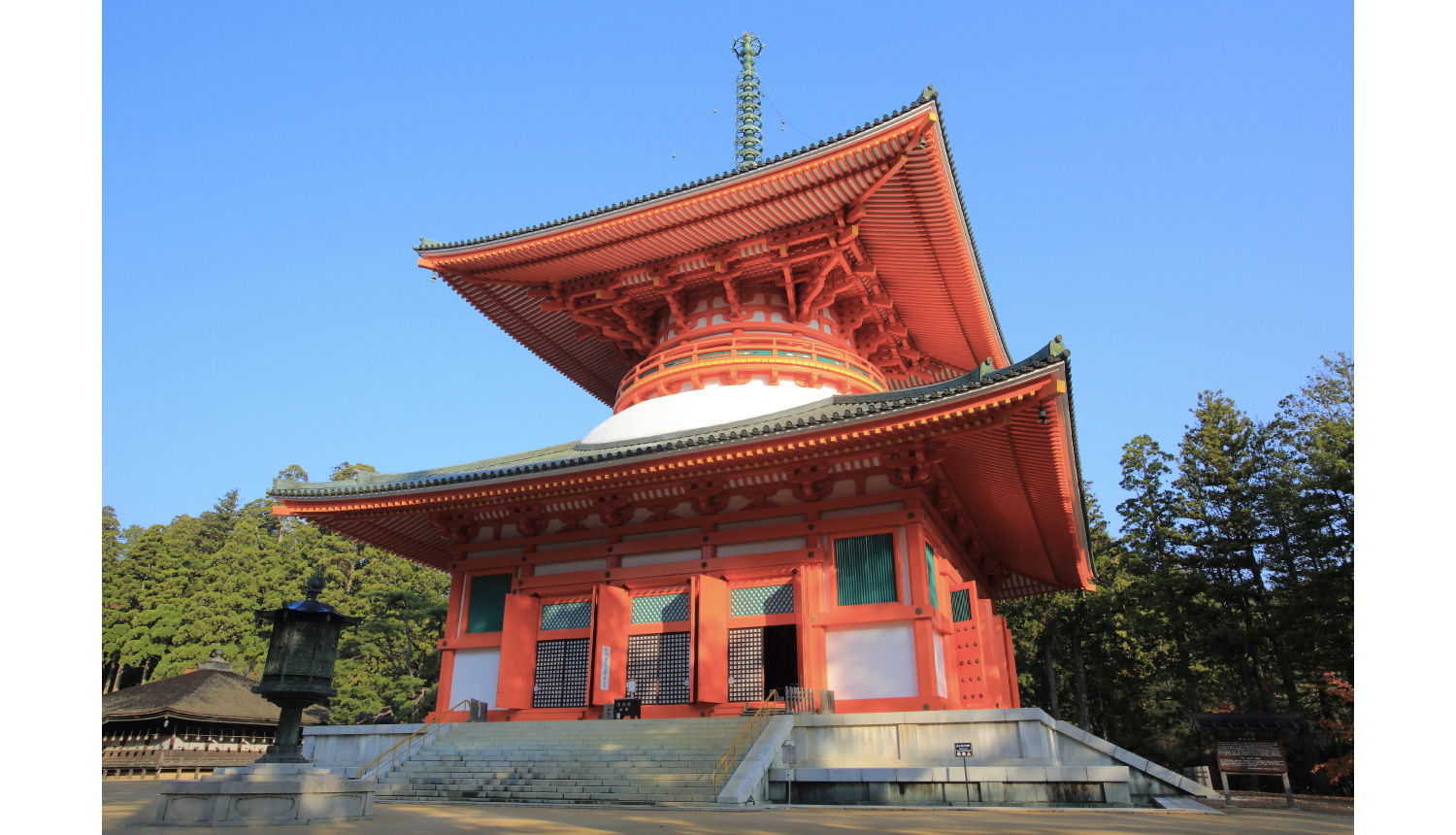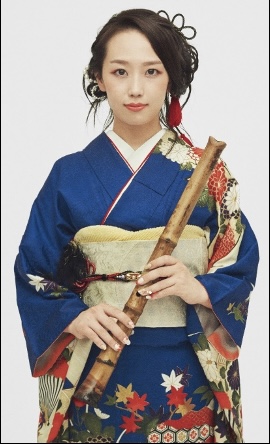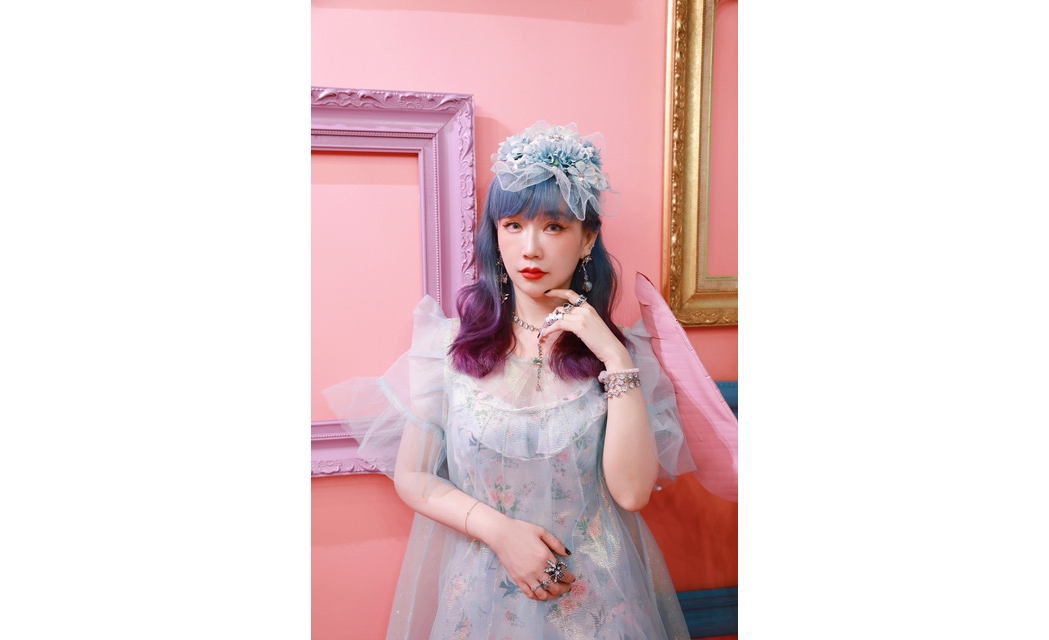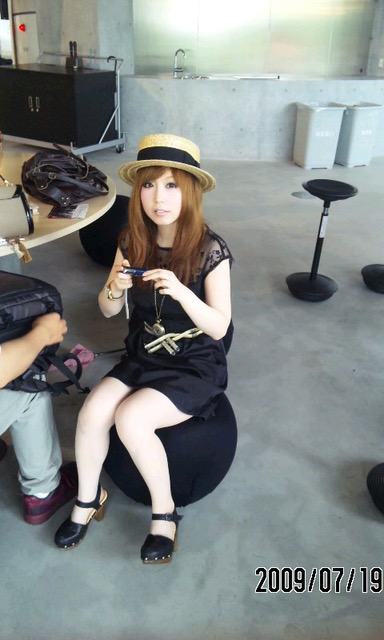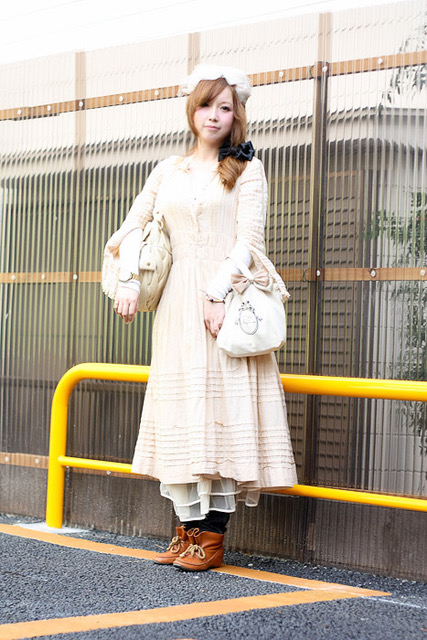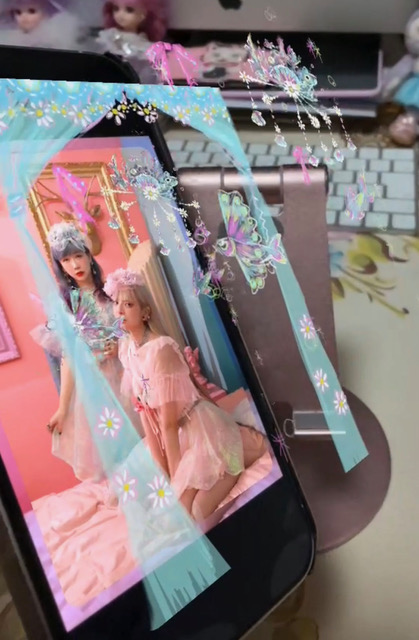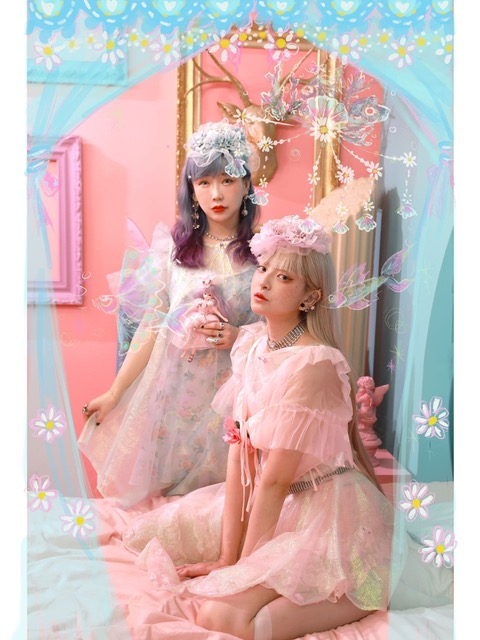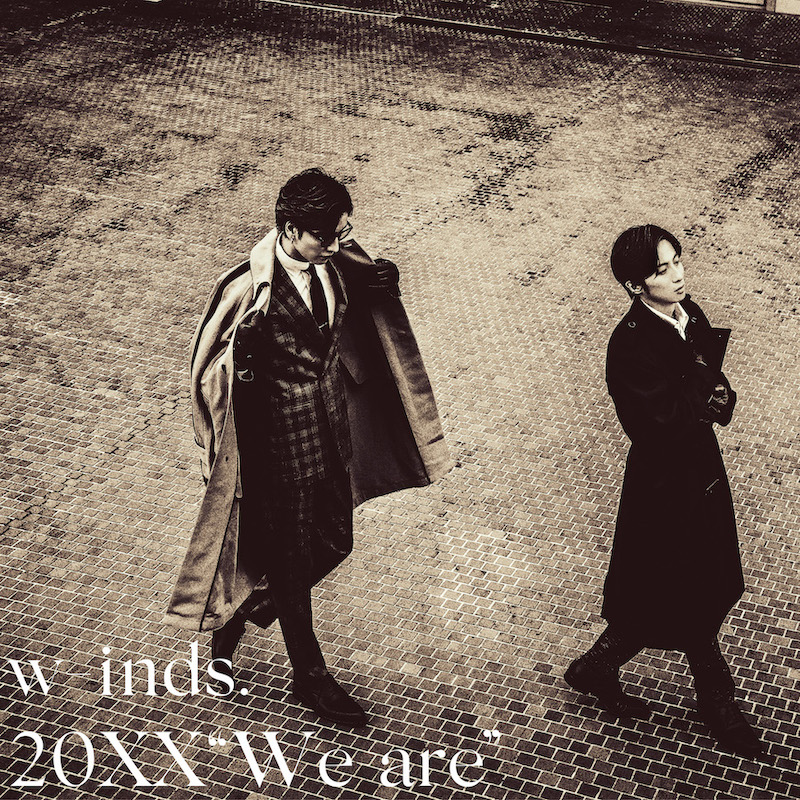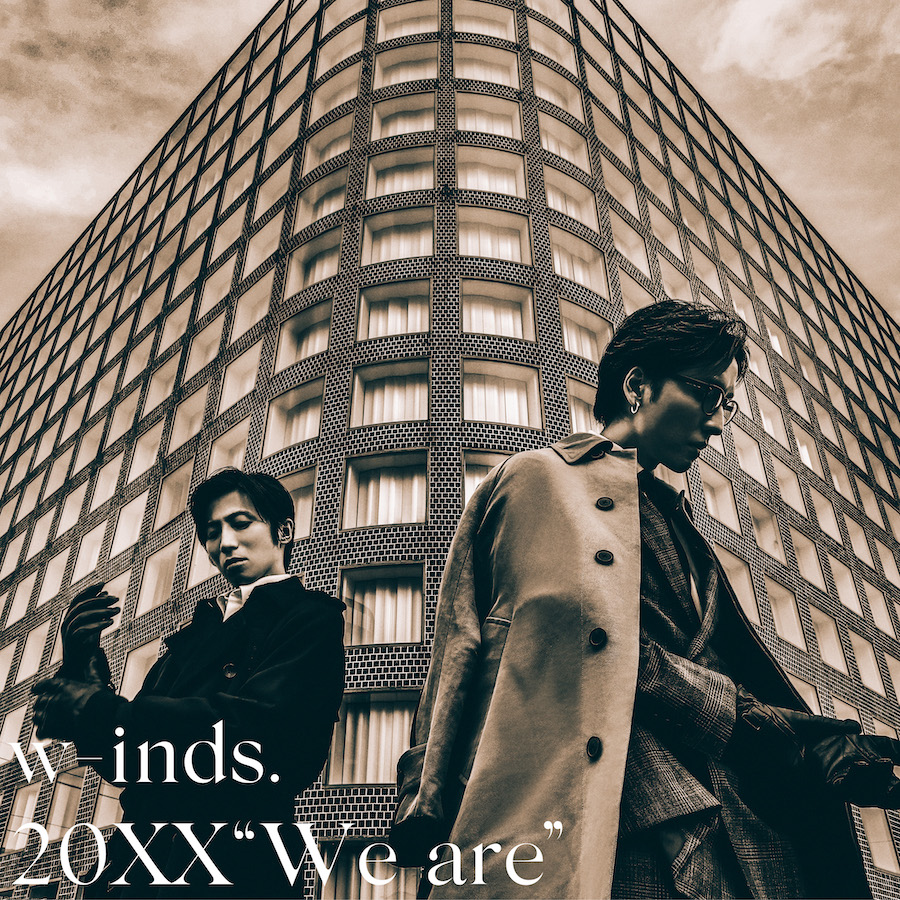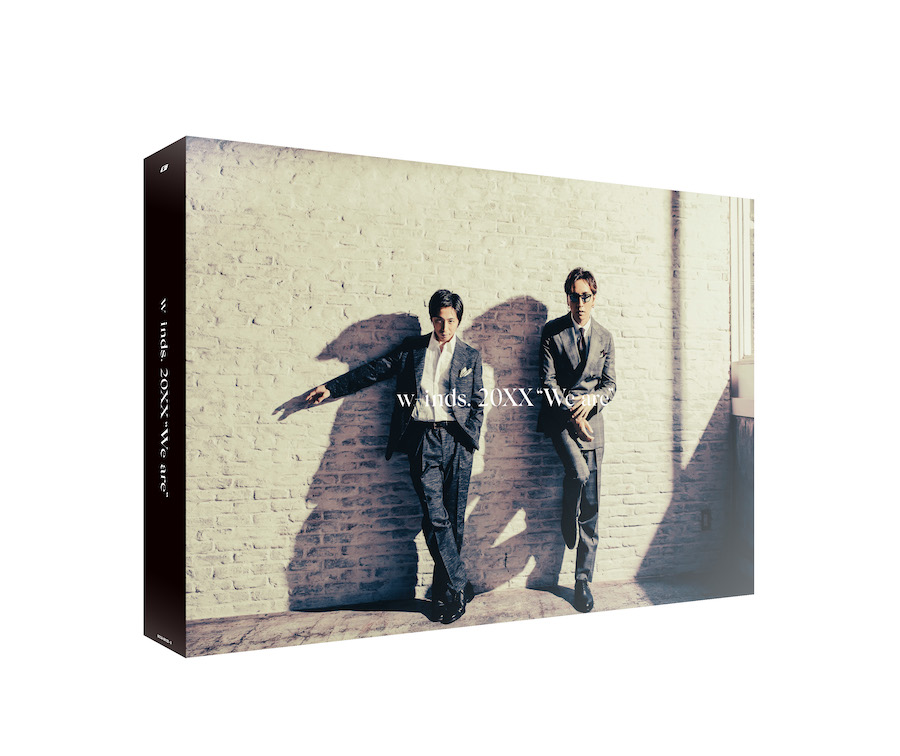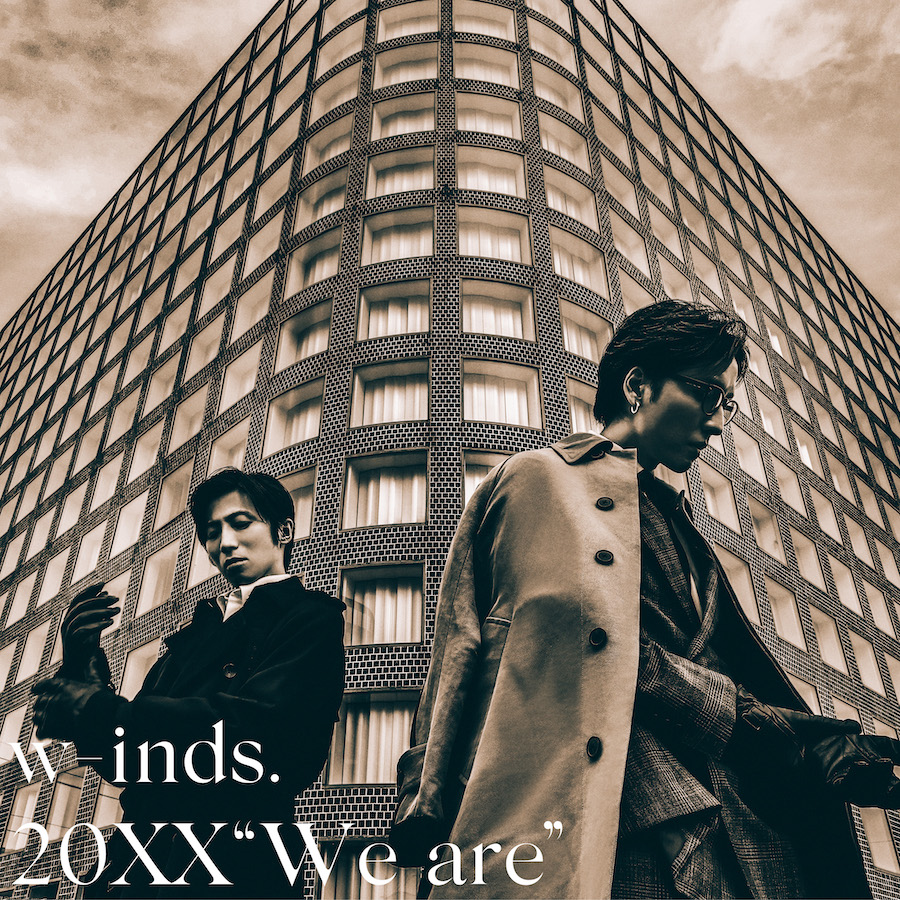MMN Interview: w-inds. creates international entertainment—”We want to break down stereotypes and create new paths”(Part2)
Ever since their debut back in 2001, Japanese male pop group w-inds. have gained immense popularity not only in Japan but across East and Southeast Asia, their presence spreading through Taiwan, Hong Kong, South Korea, China and Vietnam, which has in turn earned them many awards overseas. In recent years, lead vocalist Keita Tachibana has taken to self-producing the songs of the group, taking influence from worldwide trends with genres such as tropical house and future bass and tying them to an edgy sound in the style of Japanese pop, earning the trio new support form music fans. We spoke to the three members about their international approach to and intentions with their work.
<This is part two of the interview. Click here for part one.>
Interview & Text: Mami Naruta / Translation: Joshua Kitosi-Isanga
■It doesn’t matter even if it’s free, the value of music today lies in how many people are listening to it
――w-inds. takes an international approach even in the promotional side of things. For example, you held a remix contest last year for We Don’t Need To Talk Anymore. Remix contests are held overseas on music services, and famous artists like Avicii and Beyoncé have done them too, so they’re a widespread thing.
Keita: That’s right. It’s not a prominent thing in Japan’s major scene, so I felt strongly in wanting to do it. And having done it, I was able to meet great trackmakers. I was able to see that there are many talented trackmakers out there. It’s like there were lots of people who just wanted a chance but never had it before.
It’s been about 5 years since I started making tracks, but there were already so many pros around me after I debuted who taught me the know-how, so I had an advantage over regular beginners. In the same way, if there’s an environment where more trackmakers can offer their professional knowledge, they can inspire each other. I felt I could expand the breadth of what I’m doing with music even more, so that’s why I held the remix contest. During the application period, we distributed the paradata which divided sounds by each individual instrument. The idea was to show detailed information on what music professionals were creating so that even people just starting out could see. I thought that showing and teaching the professional know-how was the way for new trackmakers to grow.
――Do you think that there was variety in the remixes?
Ryuichi: Oh yes, yes, yes… Even now I have all of the material we received on my iTunes, so I play them on shuffle. Sometimes when I think “Oh! That’s a pretty good intro” I get surprised and realize it’s our song (laughs).
――When you released Time Has Gone in September too you held an international share campaign on Spotify for Time Has Gone “Future Pop Remix” which Keita worked on himself.
Keita: We did. The tool Spotify is the number one streaming service in the world, isn’t it? It might sound a little misleading for me to say, but I think there’s much more value in listening to music on Spotify than with purchasing CDs. The value of today’s music lies in the number of people listening to it, even if it’s free. Because of that, I felt I wanted to do something specialized with streaming services, so we held this measure.
Ryuichi: In the end, it ranked at number 1 on the viral charts in Japan and Taiwan and peaked at number 4 in Hong Kong. In terms of which countries were listening to the song most, next on the list from Japan was America which was unexpected.
Keita: We live in an age where it’s said that CDs don’t sell, so I personally think that it’s a good thing there being different ways to sell music. For example, it’s also interesting to sell things like paradata. That’s something I can do precisely because I’m making the tracks. Our band’s weapon right now is being able to make songs. And that means being able to listen to songs. We make a song, receive support from various people, it spreads and people listen to it. That’s the thing I want to do the most. It’s something I just have to do. That’s why we collaborated with AWA for This Love and challenged ourselves to strategize using streaming services.
■The necessary thing for us is to reconstruct the idea of “J-pop”
――Early on just three years after w-inds. debuted in 2001, you advanced through the countries of Asia. You released your original recordings in places like China, Hong Kong, Taiwan and South Korea, and were able to win music awards in numerous countries. The American pop-like sound of your music now is mainstream in Asia where you receive support, so I also get the feeling it was inevitable in some way.
Keita: You’re right. I sense that around 2004 to 2007, J-pop was the coolest thing around when we appeared at festivals. It’s rude of me to say, but the sound of a lot of the tracks around China sound kinda novice. Though, everyone is good at singing.
Ryuichi: There’s a lot of ballads and stuff, isn’t there? Year by year I realized things like, “Huh? Everyone’s music has gotten much cooler,” “The music videos have gotten good,” and “Perhaps J-pop is taking over?”
Keita: Exactly. It was clear to see how the level of entertainment had gone up. We might have been a little impatient though. That’s one of the reasons we chose to take on this kind of sound.
――Just how did the countries of Asia have a musical revolution? Were they successful in incorporating the trends of Europe and America?
Keita: It’s probably because everyone was good at gathering info online. That, and because sales of Japanese music thrived. Million sellers were being put out left and right. Since that music sold so much it became commonplace, and everything else that wasn’t J-pop came to a halt. That’s what I feel. The music we put out, as Japanese people, is always taken as “J-pop,” but I feel the ‘us’ right now are outside J-pop.
Ryuichi: For sure! The music we sold back then continues to sell even now.
Keita: That’s the biggest pity. If we don’t throw that away and reconstruct ourselves, I don’t think it’ll be easy to create a sound and entertainment that gets through to the world.
――Each of you know the good things about both Japan and overseas from your bounty of overseas activity. What do you think are the characteristics of each?
Ryuichi: The stage set in Japan is safe, it’s amazing! Around Asia it’s kinda rough…
Ryohei: Ahaha (laughs). They’re used to accidents, aren’t they? Talking crowds, if you put on a good performance for people overseas they’ll receive you well without question. Conversely, there are things that are easy even if we’re away in another country.
Ryuichi: For sure. And Japanese people really are all good people. To date, I’ve dropped my phone twice, and both times I had it returned. I’ve also forgotten my wallet on the train before, and when I went back to get it, it was still there as it was. I can’t think of any other place like that.
Keita: They’re honest, aren’t they? That, and they’re considerate. They invent things like washlets and warm toilet seats.
Ryuichi: They think about other people! They’re very considerate.
Keita: We’re also Japanese people, so I think we should also cherish those things. It’s wrong for people who are thinking about going abroad to think they can copy American stars and say and do reckless things. It’s good to do things in a Japanese way when overseas. That’s why I’m piling up research on how to make Japanese-like music. I don’t necessarily think they style we create is the correct one even while overseas trackmakers are clamouring. I’m the type to do things in an artisan-like way and research things like frequencies.
■2017 was a turning point for w-inds.
――The number of overseas visitors coming to Japan is increasing every year. In the run up the 2020 Tokyo Olympics, international interest in Japanese culture is also increasing. It’ll be a big opportunity for them to experience it. When that time comes, how do you want to be in the music scene?
Keita: I don’t want to change the now and what we’re doing. I think there are a lot of people who want to execute a certain musicianship but can’t because of various circumstances. A common one is, “You have to create music that will sell in Japan.” There are still a lot of cases of people saying that. We want to go ahead and create paths from the beginning so we can eliminate that mindset. But the ones who will form the big waves in the end will be the younger people below us. When they appeared in the scene, I wanted to create an environment where they make music healthily and do things easily. I think that’s a good way to expand the range of J-pop.
――Looking back over the past year, how was 2017 for you?
Ryohei: We’ve been able to shine through to people outside our hardcore fans because of Keita creating music to put out there. I wanted our reach to be like it is right now but wondered why it wouldn’t get there. I’m honestly so happy that our music has been so well received because of what it is, and we’re moving differently to last year.
Keita: That year was a turning point for w-inds.. That goes for our global way of seeing things too. Our awareness and way of thinking changed in a huge way that year.
――I’m looking forward to seeing what lies ahead for you in 2018.
Keita: Every year we decide on what we can do to up our game from what we’ve always been doing. We’re expanding ourselves a lot, but what has made us able to properly cherish our fundamental aspects like singing and dancing is because we’ve been doing it for 17 years. We’re constantly crazy about making our listeners think, “They were able to do this?” so I hope people look forward to what we go on to do next.
■Information
w-inds.
Official Website: http://www.w-inds.tv/
w-inds. LIVE TOUR 2017 “INVISIBLE” – Now On Sale
First Press Edition DVD [2 Discs]
*Bonus Content: Live ver. of “Time Has Gone” / Tour making-of footage pamphlet
Regular Edition Blu-ray [1 Disc]
Regular Edition DVD [2 Discs]
*Bonus Content: 30-minute tour making-of footage from members’ perspectives





